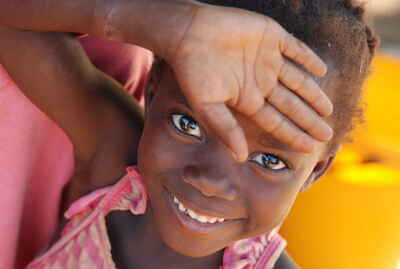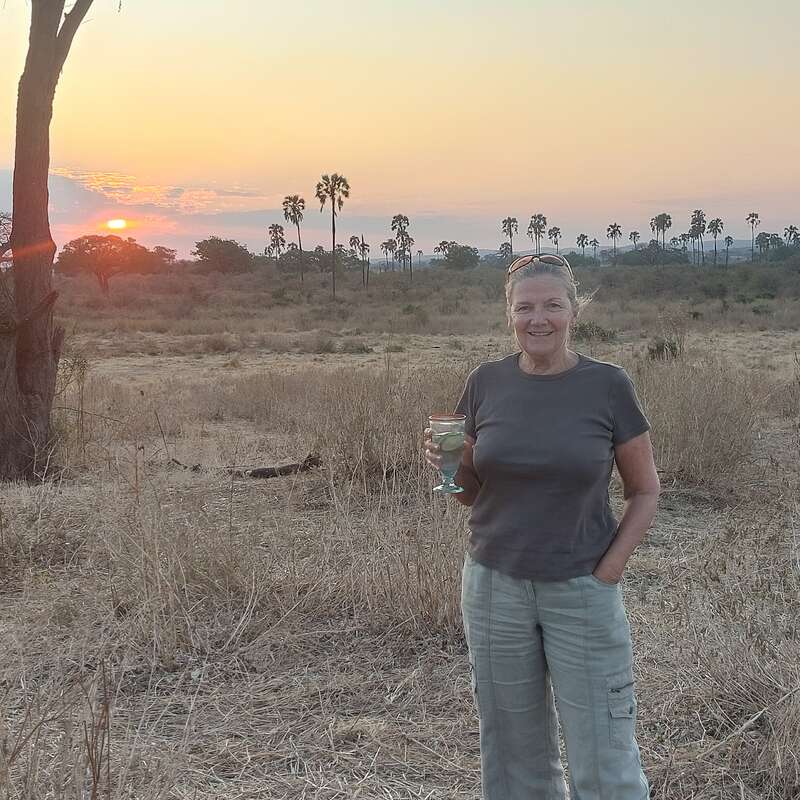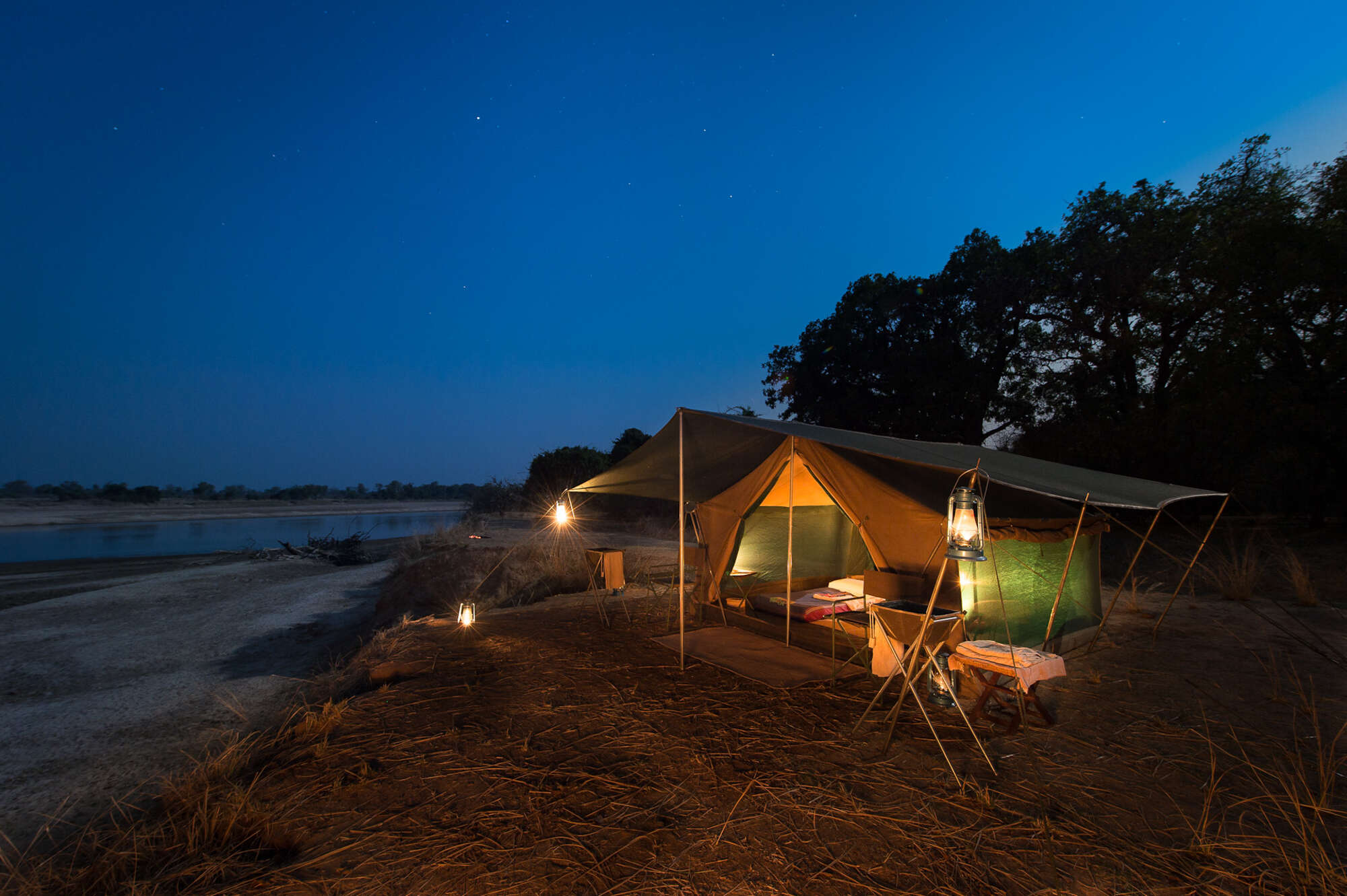About Kawaza Village
Just outside the South Luangwa National Park, and a few miles from Mfuwe town lies ...
... a normal, working, rural Zambian village that has decided to invite visitors to stay.
There is nothing contrived or artificial about Kawaza Village, but it does offer you the rare opportunity to appreciate Kunda culture.
Though, in the past, visitors could stay overnight, or even for a few days, currently the village is only able to conduct daytime visits.
Visiting Kawaza Village will give visitors a true insight of how life is living in an African Village. It's simple' but uncontrived' and the villagers really make you feel welcome.
Accommodation
Six mud huts
Children
Recommended for ages 5+
Open
March to December
Activities

4WD Safari

Birdwatching

Cultural excursion

Guided walking safari

Night drive
Traveller reviews of Kawaza Village
11 real, un-edited reviews from Expert Africa's travellers.
Arrived 19 May 2016, 1 nights
"Kawaza Village review"
Overall rating: Excellent
Arrived 6 Aug 2015, 1 nights
"Kawaza Village review"
Overall rating: Excellent
Arrived 21 Jul 2012, 1 nights
"Kawaza Village review"
Overall rating: Excellent
Arrived 17 Jul 2012, 1 nights
"Kawaza Village review"
Overall rating: Average
Arrived 29 Sep 2011, 1 nights
"Fascinating insight into local village life"
Overall rating: Excellent
Arrived 20 Aug 2011, 1 nights
"Kawaza Village review"
Overall rating: Excellent
Arrived 21 Jul 2011, 1 nights
"Good insight of the daily village life"
Overall rating: Excellent
Arrived 25 Jun 2011, 1 nights
"Fantastic visit to Kawaza Village!"
Overall rating: Excellent
Arrived 18 Jul 2009, 1 nights
"Kawaza Village review"
Overall rating: Good
Arrived 17 Aug 2008, 1 nights
"Kawaza - informative and great evening 'show'"
Overall rating: Excellent
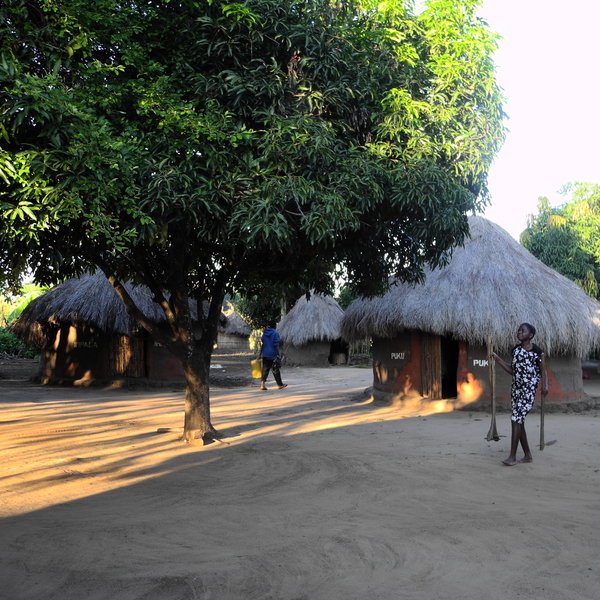
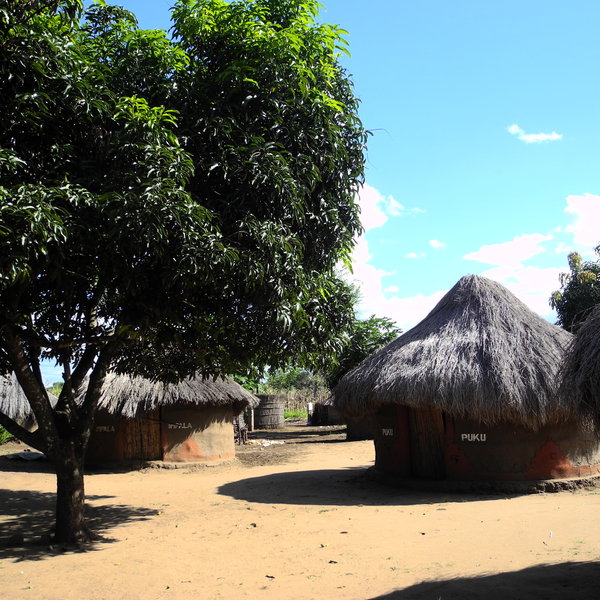
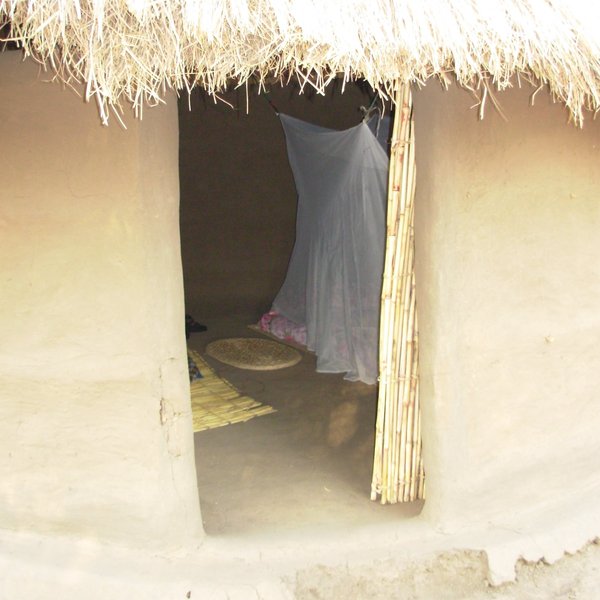
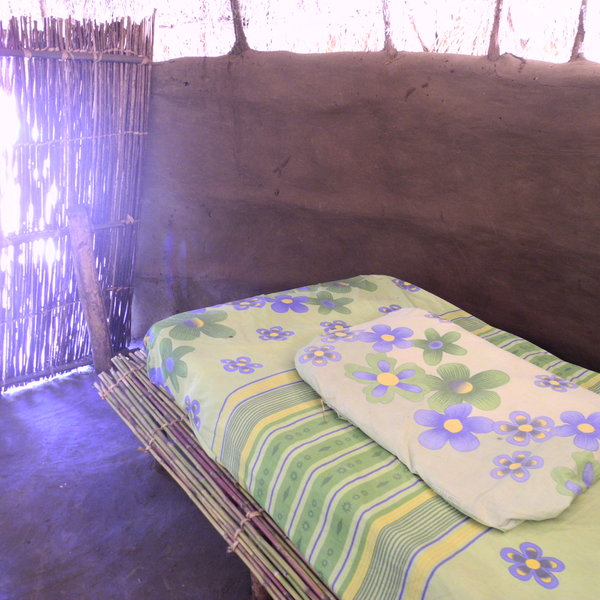
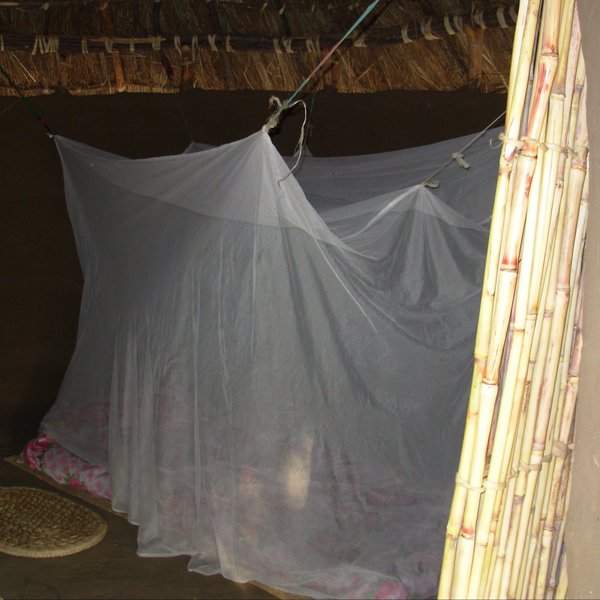
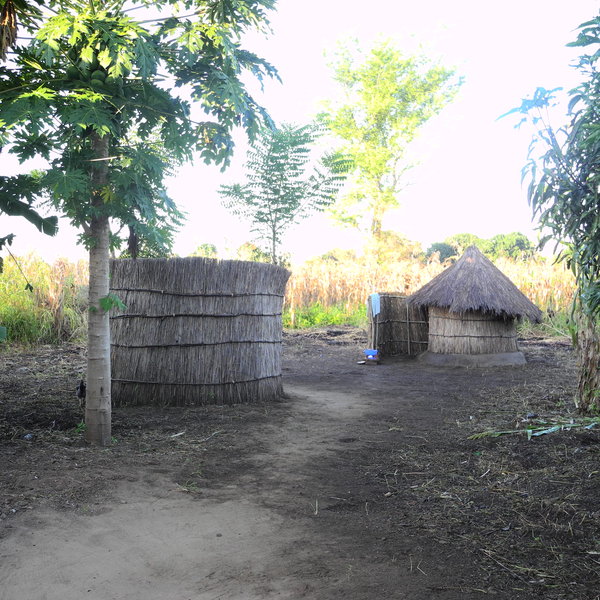
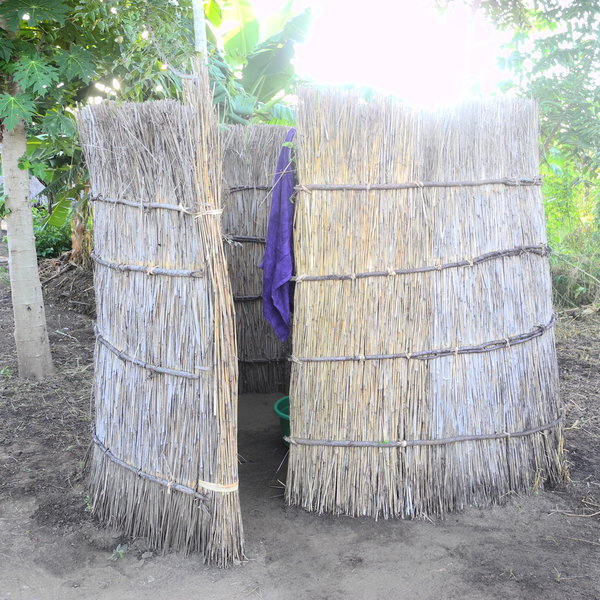
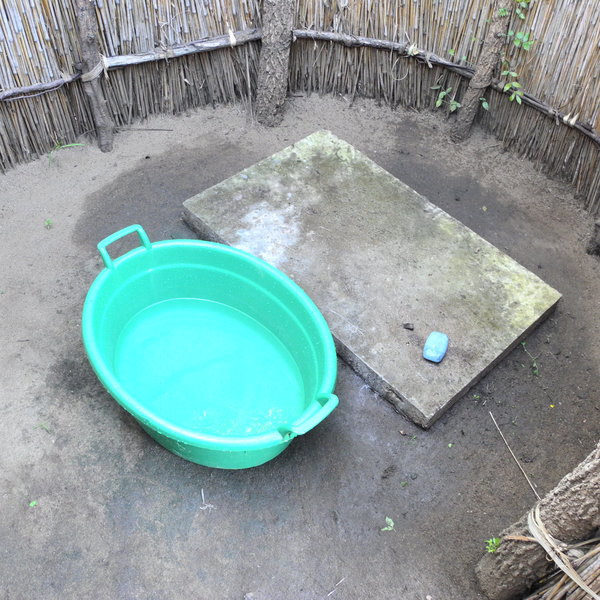
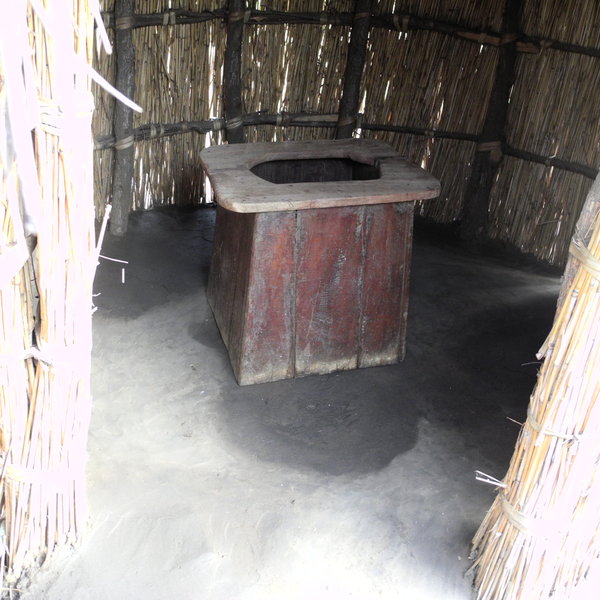
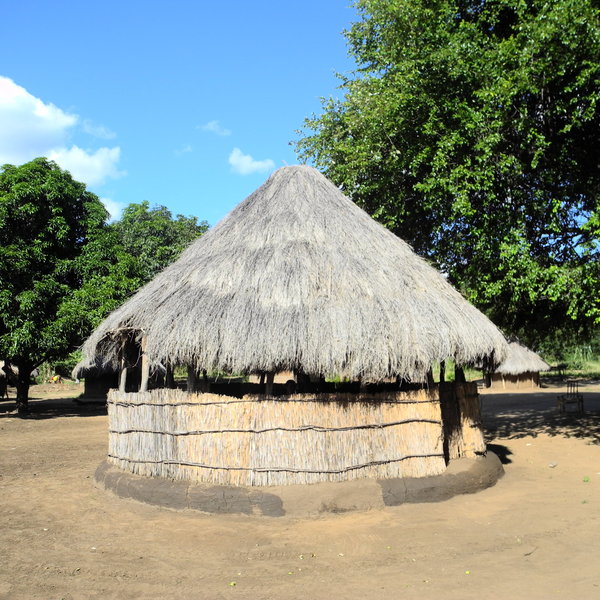
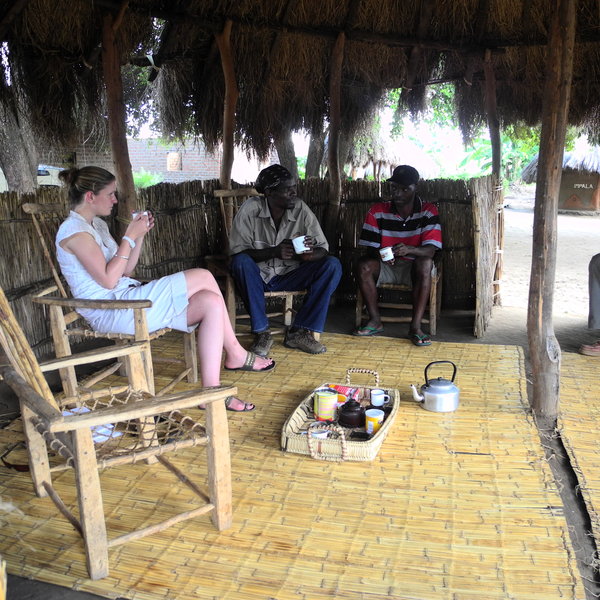
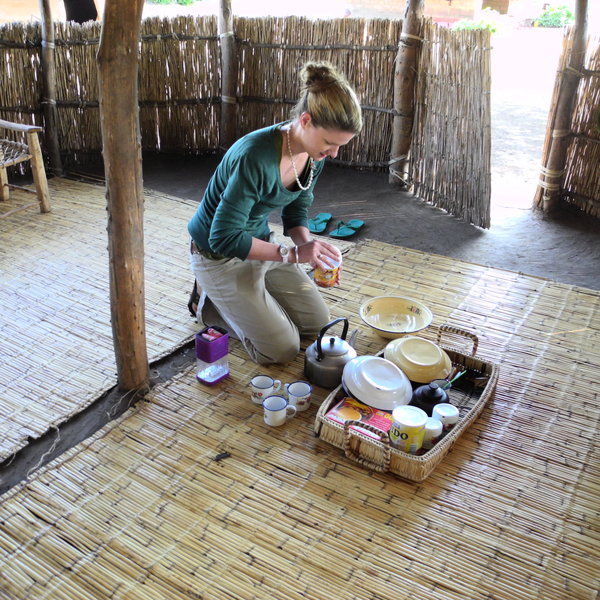
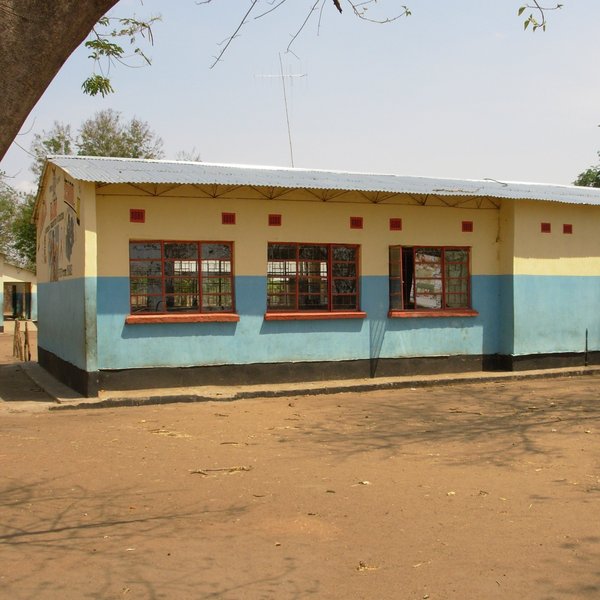
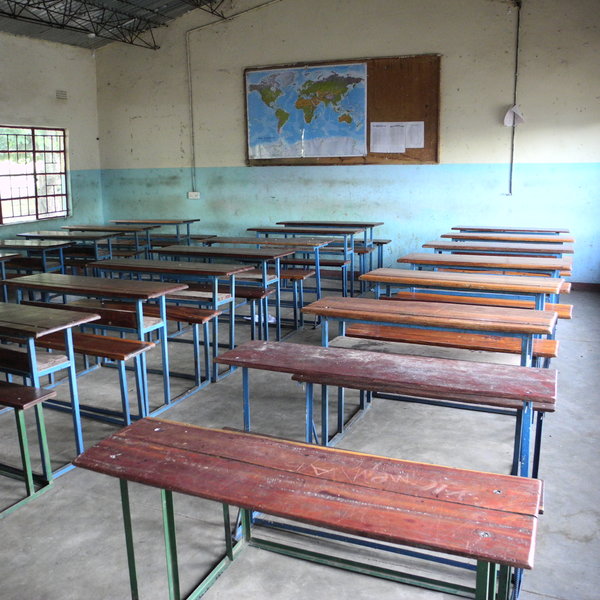
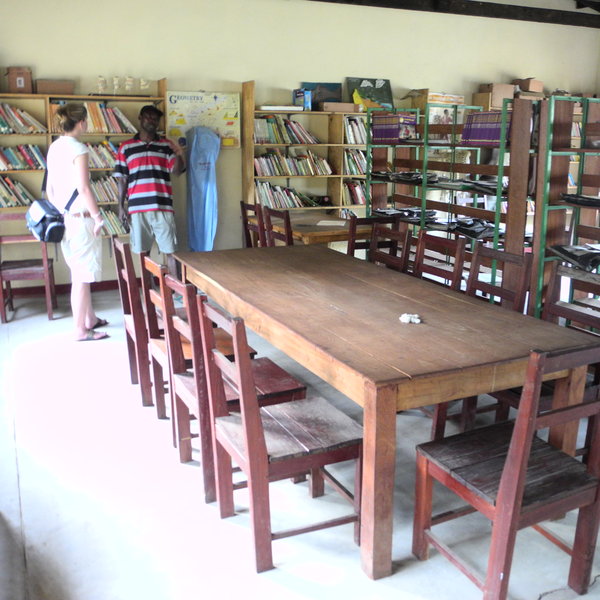
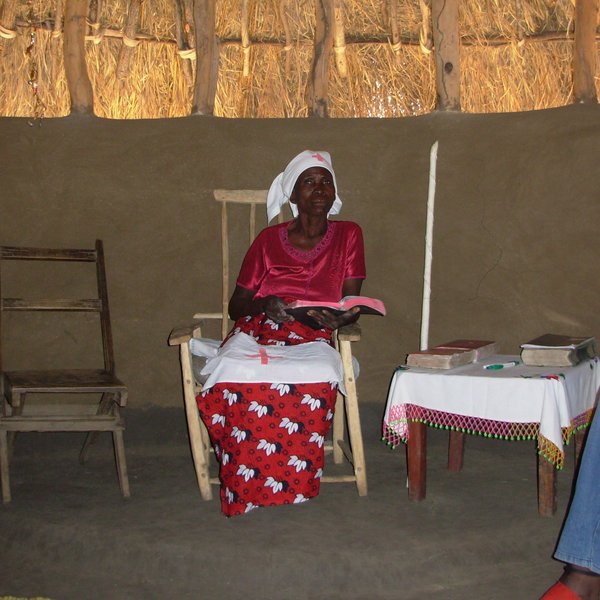
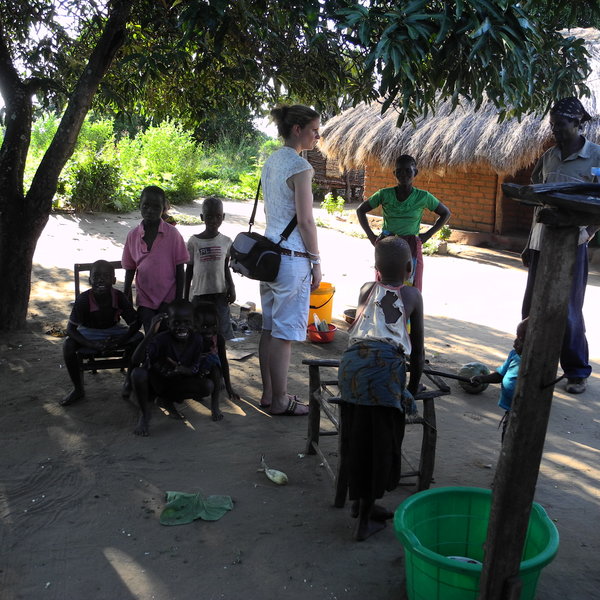
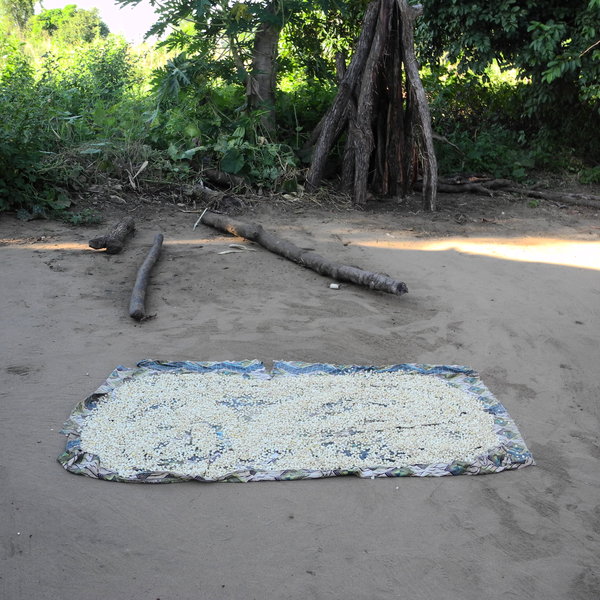
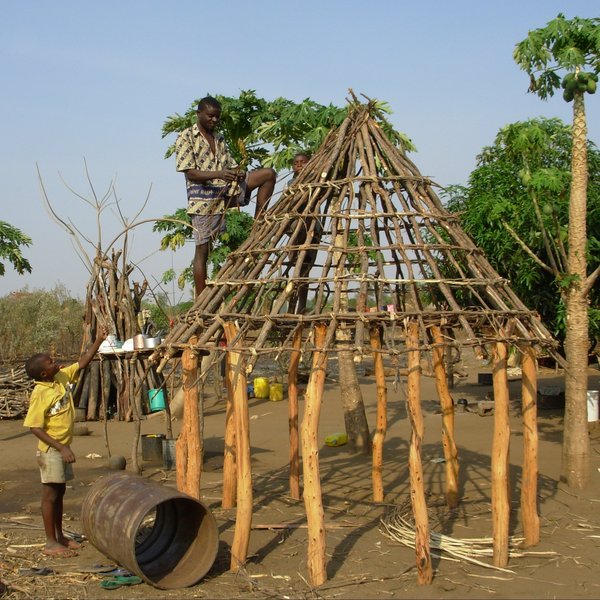
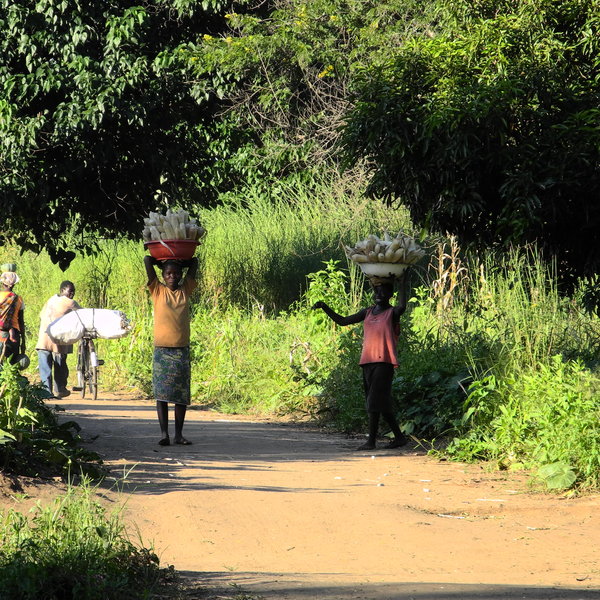
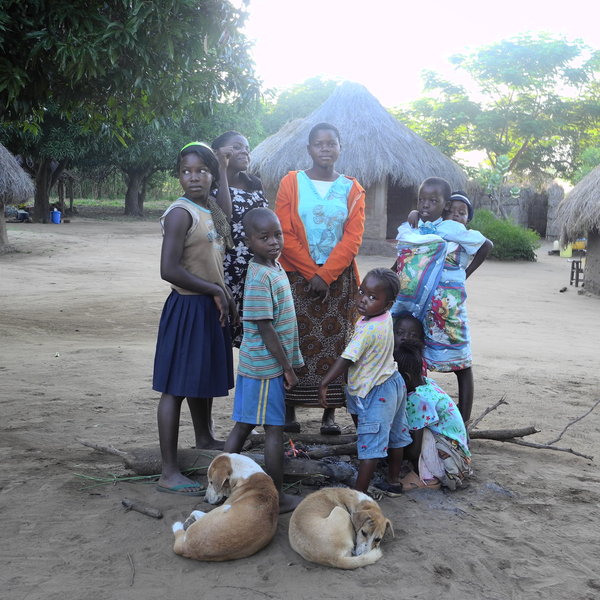
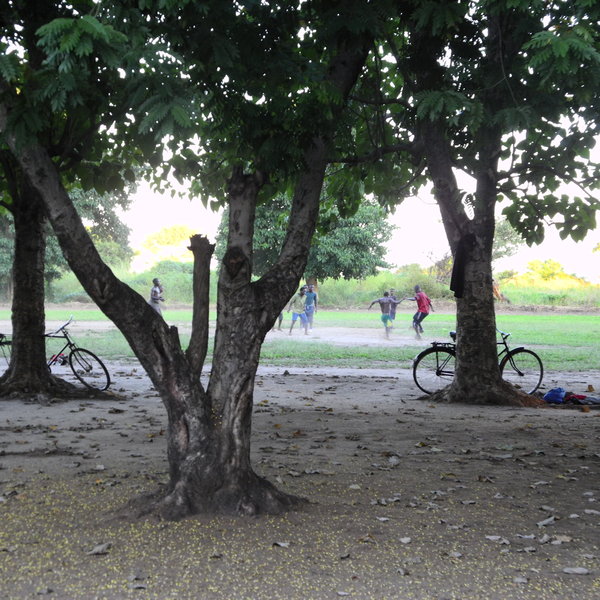
Expert Africa's gallery
When we travel we take lots of photos ourselves to give you a real and un-edited view of the safaris. See our 27 pictures and 1 videos of Kawaza Village to get the candid view.
View galleryKawaza Village: Our full report
Just outside the South Luangwa National Park, and a few miles from Mfuwe town lies ...
... a normal, working, rural Zambian village that has decided to invite visitors to stay.
There is nothing contrived or artificial about Kawaza Village, but it does offer you the rare opportunity to appreciate Kunda culture.
Though, in the past, visitors could stay overnight, or even for a few days, currently the village is only able to conduct daytime visits.
For a number of years guests visiting Robin Pope Safaris camps in the South Luangwa National Park could pay a brief visit to the school at Kawaza Village, until somebody suggested that it would be a good idea to spend longer in a local village and to meet local Zambians in their own environment. Now the local community at Kawaza run a tourism project where they can show guests what life is like living in a Zambian village. They have a few huts which they keep free for visitors who wish to spend the night. As well as visiting the school, it is also possible to visit the clinic, pay your respects to the village chief as well as visit a local healer.
On arrival at Kawaza village guests are met by Constantino, the village guide who is also the manager of the tourism project. He will introduce guests to some of the villagers and ask which activities they may be interested in visiting.
Visitors staying overnight will be shown to their accommodation which is a traditional mud hut with mud walls and solid earth floor. There are no windows, with the only light coming from the door. The hut is very basic with a mattress on a reed base covered by a mosquito net. There is no other furniture in the hut. Clean but threadbare pillows and duvet are provided on the beds.
A long-drop toilet with wooden “throne" is provided in an enclosed cubicle a few metres from the huts at the back of the village. This is the only exception to local village life as the toilet is in the typical western-style and is not used by the villagers. A shower, in a reed enclosure, consists of warm water in a basin with a jug for pouring water. Soap and towels are provided.
On a previous overnight stay by the Expert Africa team, we did a few of the activities offered at Kawaza. We visited the local school but, unfortunately (for us!) it was school holidays so there were no children in class. However we did get to meet the headmaster, Felix Maunga, who is also a member of the tourism project. He is young and enthusiastic and dedicated to his job at the school. He gave us an extensive tour of the school and its facilities. The school has 7 teachers, 10 classrooms and over 1,000 pupils.
The school visit was followed by a visit to the local clinic which was a short drive from the village. There is only one doctor here and resources are very limited. Afterwards we wandered through a string of villages where we stopped and chatted to people and eventually had a crowd of friendly children trailing after us! We also popped in to see the local healer who explained the various medicinal uses of herbs and traditional healing methods.
Guests are also invited to take part in everyday village activities such as brewing local beer, grinding the maize, drawing water at the well and picking maize in the fields. We even had a go at carrying heavy buckets on our heads!
Once back at Kawaza dinner was served. This was a traditional meal cooked by a local village woman. On our last visit there we were served chicken cooked over the fire, with some spinach and sadza (a staple maize dish). All meals are served in a reed and thatch ‘nsaka’, in the middle of the village, seated on the reed-covered floor and eaten by hand. A washbasin and soap are provided outside the ‘nsaka’ for washing your hands, both before and after the meal.
After dark guests are entertained by people from the surrounding villages with drumming and dancing around the camp fire. Once the drums start a huge crowd gathers to take part, and once it is over everyone disperses and the village is quiet again!
After spending a night in the village guests are woken at dawn by cocks crowing and the soft voices of the ladies getting up to light their fires and start another day.
Guests are invited to help the ladies sweeping the area around the huts – the village is spotlessly tidy.
Your day then begins again with the choice of more activities and another possible walk around the surrounding villages.
The team from Robin Pope Safaris were instrumental in helping Kawaza Village to get started, and they still provide the village with a lot of logistical support.
Your time at the village would combine particularly well with time spent at other Robin Pope Safaris properties : Nkwali Camp, Luangwa River Camp, Tena Tena and Nsefu.
Activities
4WD Safari
Birdwatching
Cultural excursion
Guided walking safari
Night drive
Families & children
- Attitude towards children
- Children of all ages are welcome
- Property’s age restrictions
- None
- Special activities & services
- None
- Equipment
- None
- Generally recommended for children
- Kawaza is a great place for children to meet children of their own age from another culture, however because the overnight facilities are very basic we wouldn’t recommend if for children under 5 years.
Food & drink
- Usual board basis
- Full Board & Activities
- Food quality
- Dinner is a traditional meal cooked by a local village woman. On our last visit we were served chicken cooked over the fire, with some spinach and sadza (a staple maize dish). All meals are served in a reed and thatch ‘nsaka’ in the middle of the village, sitting on the reed-covered floor and eaten by hand. A washbasin and soap are provided outside the ‘nsaka’ for washing your hands, before and after the meal.
For breakfast we were served traditional deep-fried doughnuts (mendazi’s) with freshly picked bananas and tea. - Dining style
- Group Meals
- Dining locations
- Outdoor Dining
- Further dining info, including room service
- No
- Drinks included
- Your guide will have a cool box with soft drinks, wine and beer in the vehicle.
Getting there
- Location
- South Luangwa National Park, Zambia
- Ideal length of stay
- One night – possibly two - when the overnight stays are available.
- Directions
- Kawaza village is 30 – 45 minutes by road from Mfuwe airport (depending on the state of the roads)
- Accessible by
- Fly-and-Transfer
Special interests
- Cultural Experiences
- This fascinating and unique tourism project allows visitors a real insight into rural Zambian daily life. Visitors can take part by spending a day, or overnight, in this friendly village and experience the everyday routine of those that live there.
- See ideas for Cultural Experiences in Zambia
Sustainability
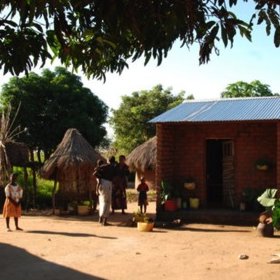
The first village tourism enterprise in Zambia
Testimonies from former guests’ state that a visit to Kawaza Village was the highlight of their trip to Luangwa Park. While some choose to pay the village just a short visit, others spend more days learning and experiencing the local culture. The first authentic cultural village tourism enterprise in Zambia and winner of the infamous Silver Otter Award by the British Guild of Travel Writers, Kawaza Village Tourism Project was set up with help from Robin Pope Safaris. The safari group is still an active contributor to the project and acts as their booking agent, facilitating guests access to the village and promoting the project internationally directly on their website.
The village harbours approximately 12 families and 10 village members are now in charge of the smooth run of the project. Each tour of the village is tailor-made to suit the preferences of every visitor and depending on the length of their stay, guests can choose from a series of unforgettable activities. Usually a trip would start with a walk down to the lagoon where visitor can learn about the local plants and their medicinal uses, but also understand the layout of the village.
Other experiences include trying local food such as ‘nshema’, a traditional dish similar to the infamous European polenta, or even partake in the nightly gatherings – the perfect opportunity for storytelling and dancing. People are even invited to ramble the forests and help collect wild honey and learn how apiculturists make and raise hives.
The project provides financial support to orphans and elderly people in the community and supplies local primary school with textbooks and learning aids.
See more great sustainability projects in Zambia
Communications
- Communications
- There is cellphone reception in the village and it is possible to email from the school in case of an emergency.
- TV & radio
- None
Health & safety
- Malarial protection recommended
- Yes
- Medical care
- There is a clinic in the area for non emergency care. There is a hospital at Mfuwe and Mfuwe airport is 30 minutes away for more critical cases.
- Dangerous animals
- Moderate Risk
- Security measures
- Guests are escorted back to their huts at night as elephant are known to wander through the villages.
- Fire safety
- None
Useful info
- Disabled access
- Not Possible
- Laundry facilities
- Yes laundry is possible if staying longer than one day. There is no charge for this. However, as items are hand washed, ladies undergarments cannot be included for cultural reasons.
- Money
- It is not possible to change money at Kawaza village
- Accepted payment on location
- Its possible to purchase local handicrafts from the villagers or the local shops. Payment is accepted in US$ or Zambian kwacha cash.
Plan and book your trip with Expert Africa
All of our trips are tailor-made, so we'll always adapt them to suit you. Talk to an Expert and let us plan and arrange your perfect trip.

Talk to an Expert
Call or email us now! We’ll match you with the Specialist in our team who is best suited to help you. Then together we can start planning your trip.

Set up your itinerary
Based on our experience and your ideas, your specialist will create a detailed, costed itinerary. We’ll refine it together, until we have a trip that you’re perfectly happy with.

Prepare for your trip
The same Specialist will make the seamless arrangements for your trip, send you detailed travel documents, and be available to answer any questions before you depart.

Travel with peace of mind
After you set off, you’ll be cared for by our partners in Africa, most of whom have worked with Expert Africa for decades. And if you ever need us urgently, we’re available 24/7.

When you return
We love to learn about your trip, and so will always be grateful if you’ve the time to give feedback to your Specialist when you return.
Kawaza Village's location
Look closer at the environment and surroundings of Kawaza Village.
Excursions from Kawaza Village
Optional extra day-trips and excursions possible whilst you're staying at Kawaza Village. Talk to us: these are usually best arranged before you go.
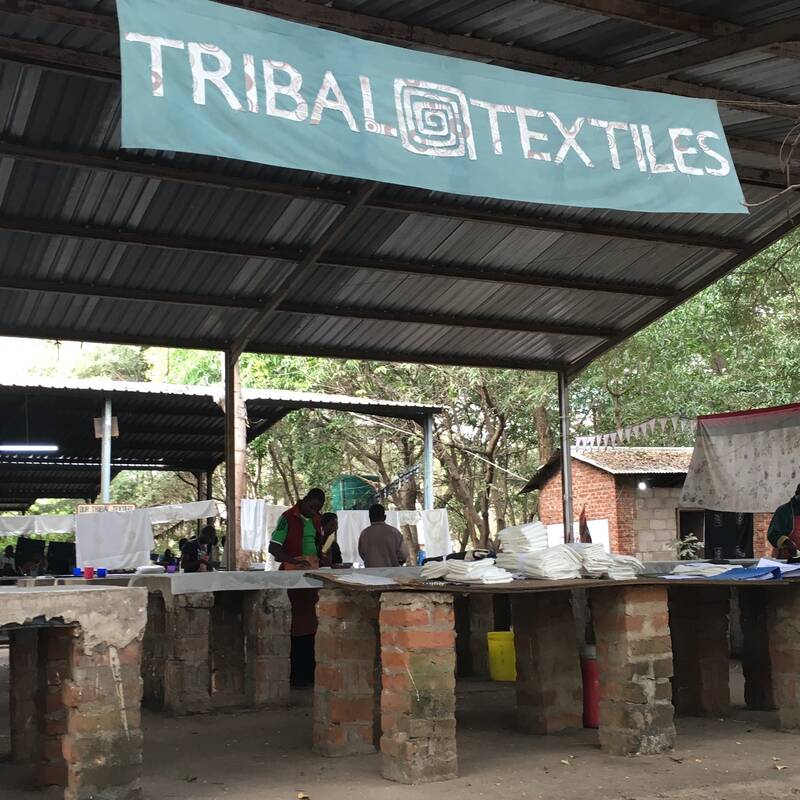
Tribal Textiles Tour
One - two hours
Visit the Tribal Textiles workshop, where hand-painted textiles are produced by more than a hundred local people. The workshop is close to Mfuwe Airport, so is ideally placed for a stop en route to/from the South Luangwa. With products ranging from cushion covers to bags and T-shirts, it's a great place for souvenir shopping while at the same time supporting the local community.
More about Tribal Textiles TourOther lodges in South Luangwa National Park
Alternative places to stay in this same area.
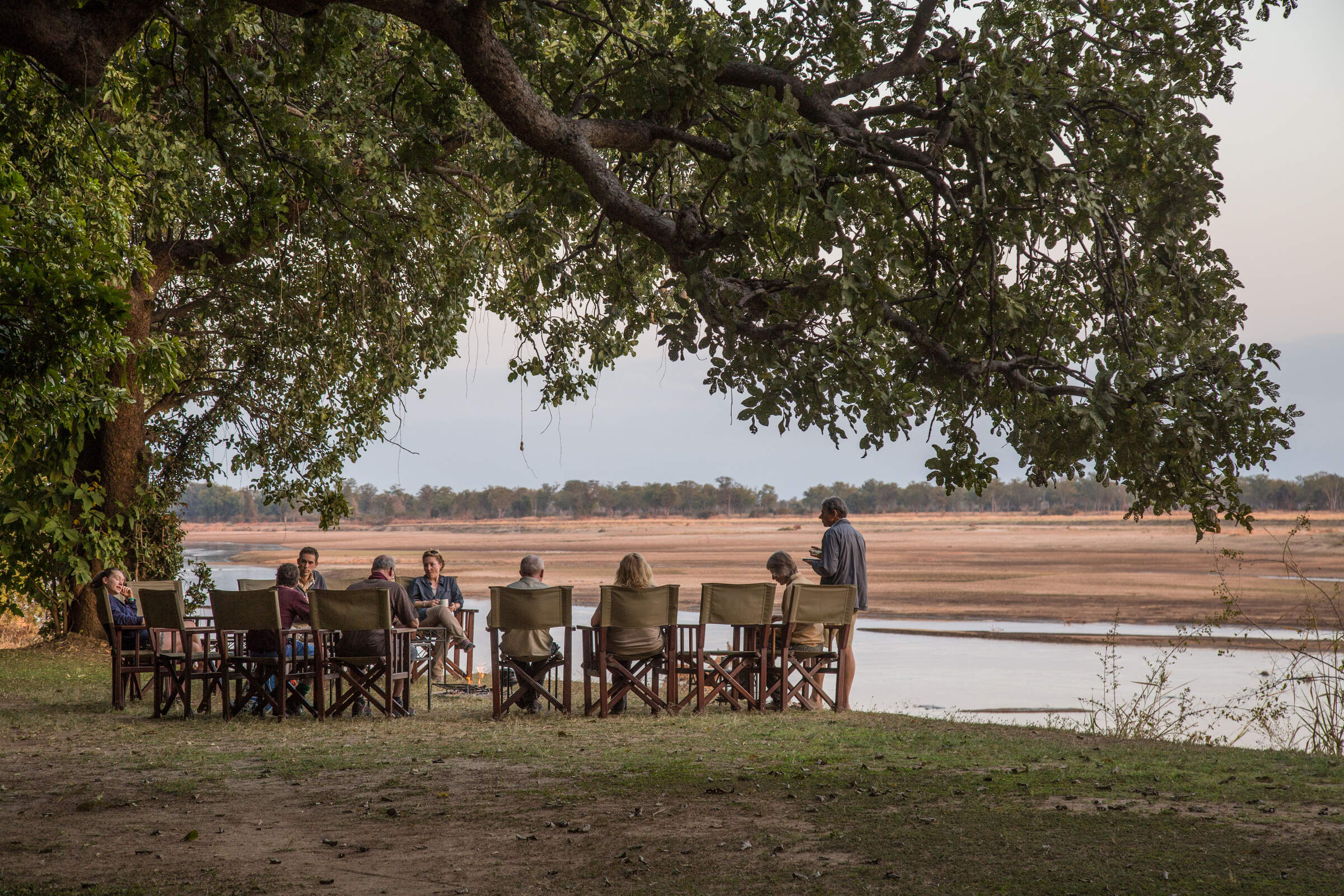
Tafika
One of the best camps in Zambia, Tafika is naturally built, combining excellent service and food with top guiding skills for a superb wildlife experience.
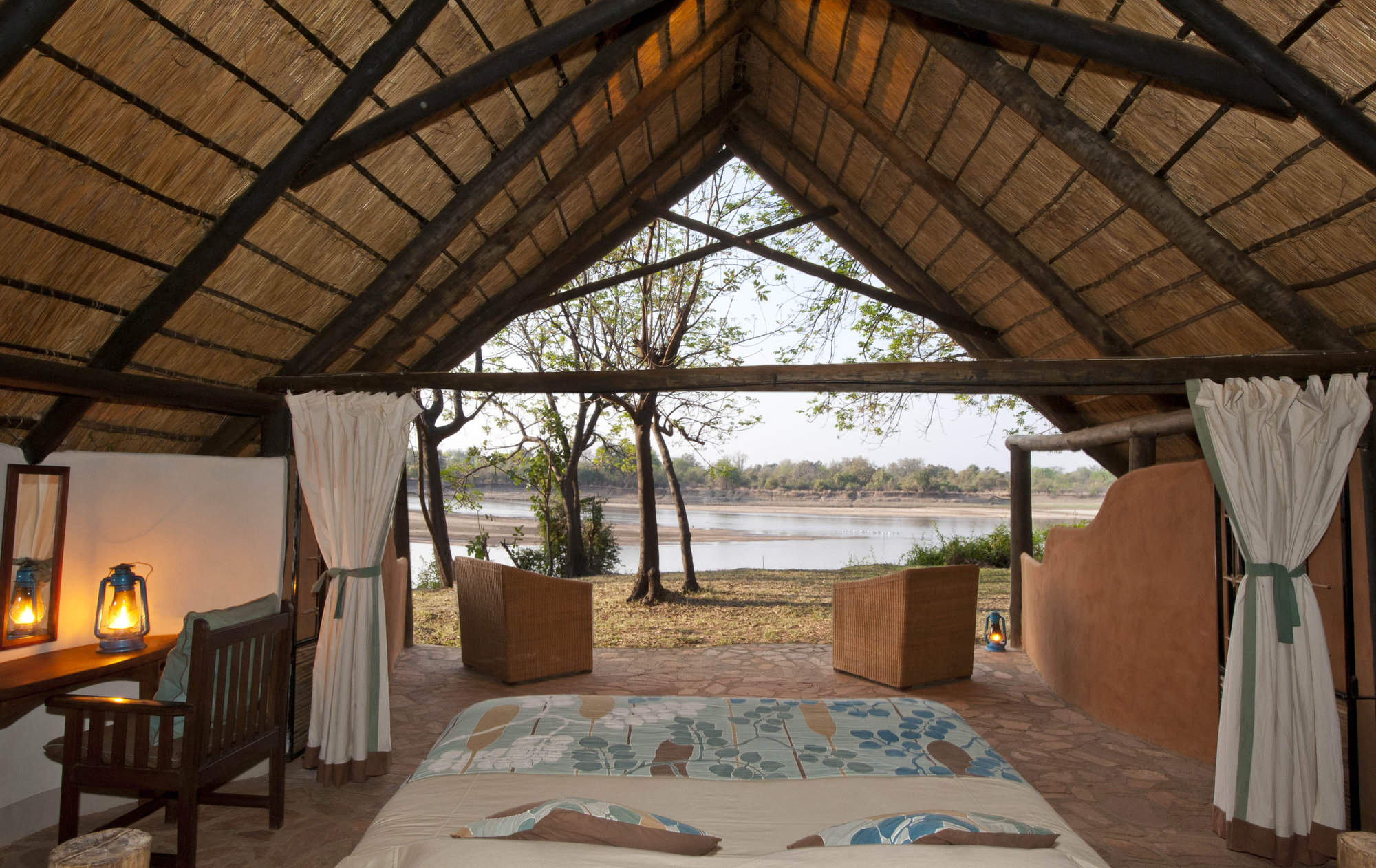
Nkwali
On the banks of the Luangwa River, with its own access to the national park, the intimate Nkwali is open year round.
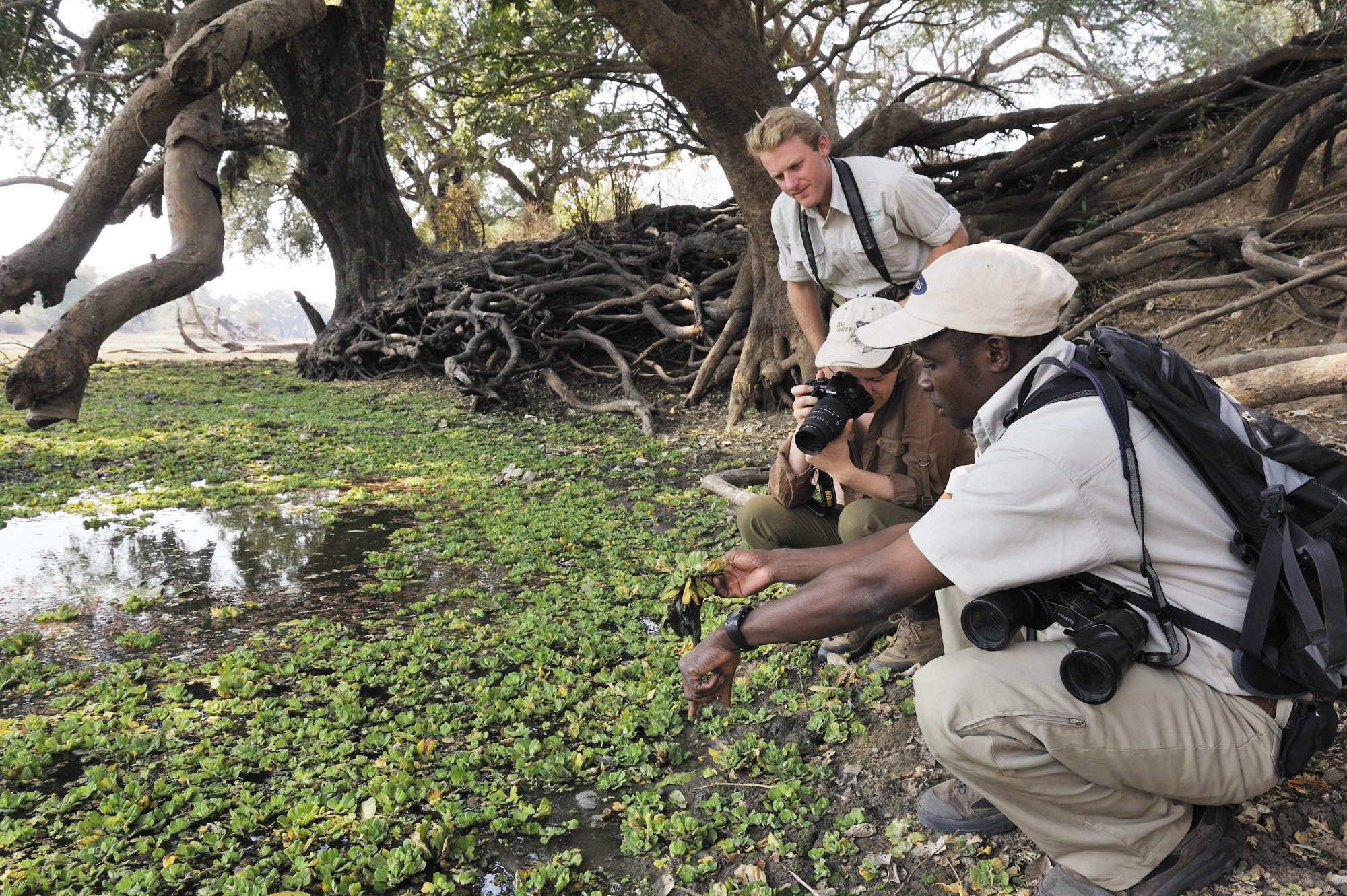
Kaingo Camp
Small and owner-run, the riverside Kaingo occupies a a quiet but excellent game area, with a series of wildlife hides and a focus on photography.
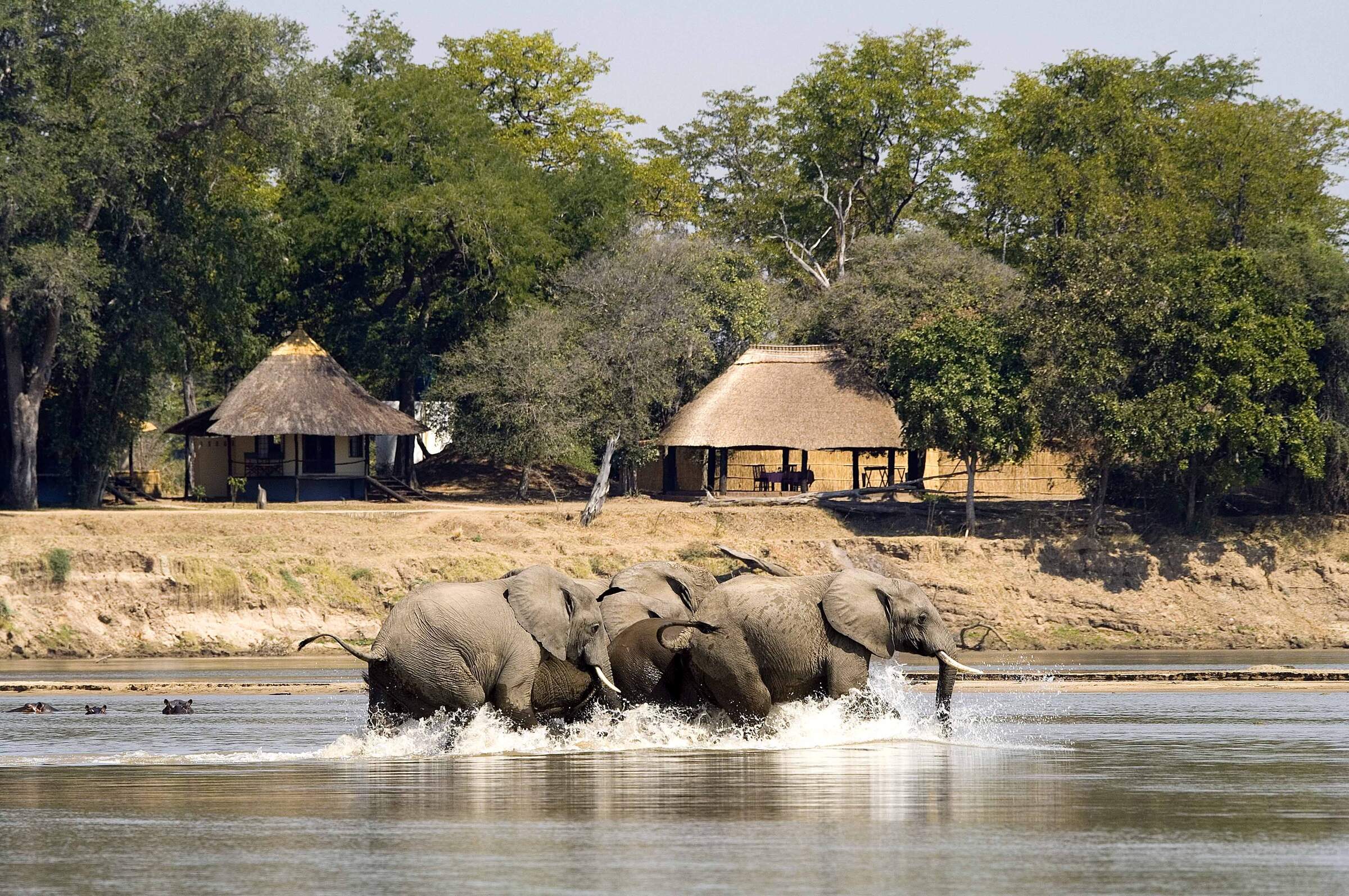
Nsefu
One of the Luangwa's oldest camps, Nsefu is a great safari camp in a remote, beautiful and game-rich location with top-rate guiding.
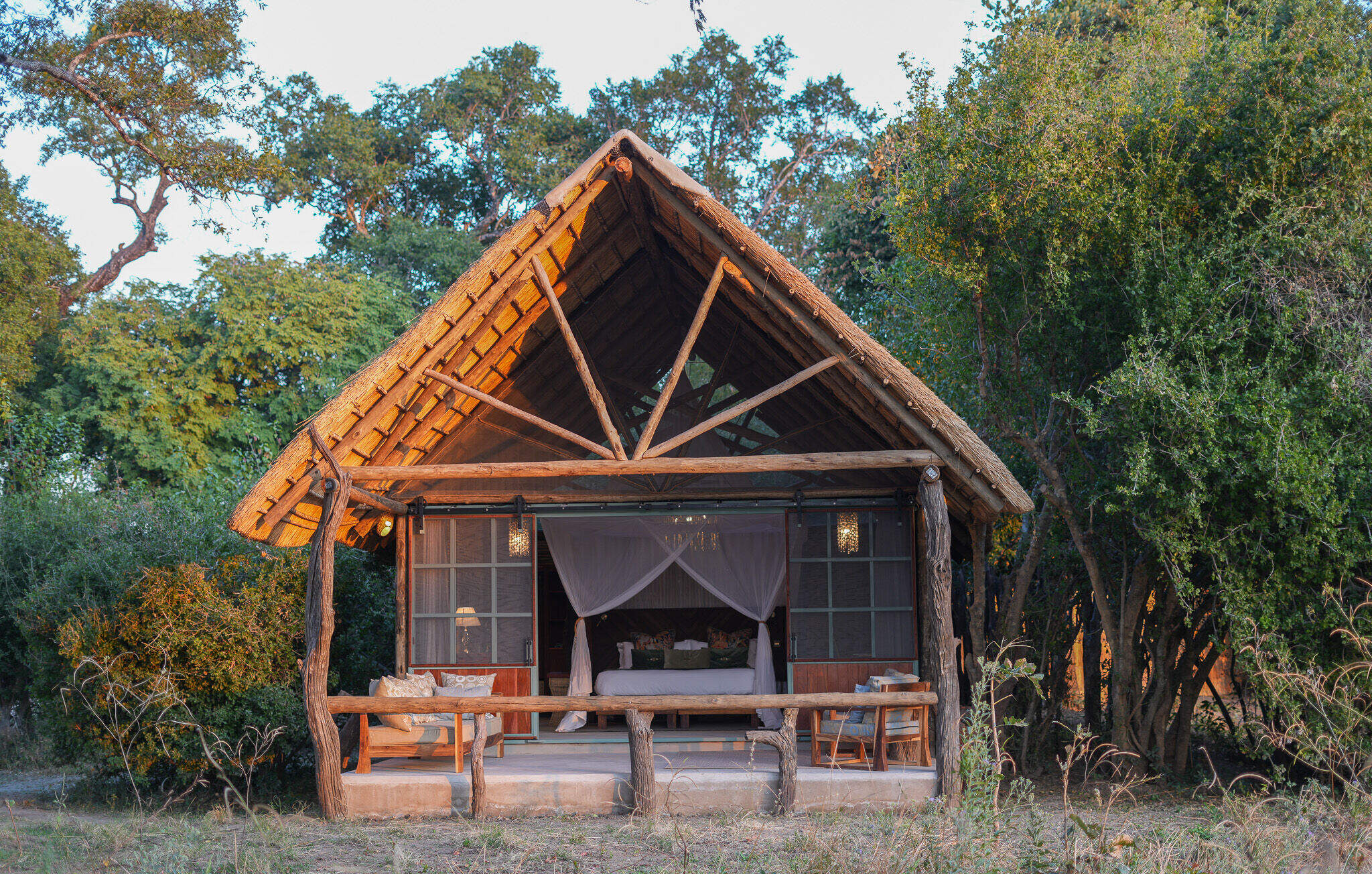
Mwamba Bushcamp
Small, remote and owner-run, Mwamba offers first-class walking, 4WD safari drives and superb hides, with excellent guides and a real bush feel.
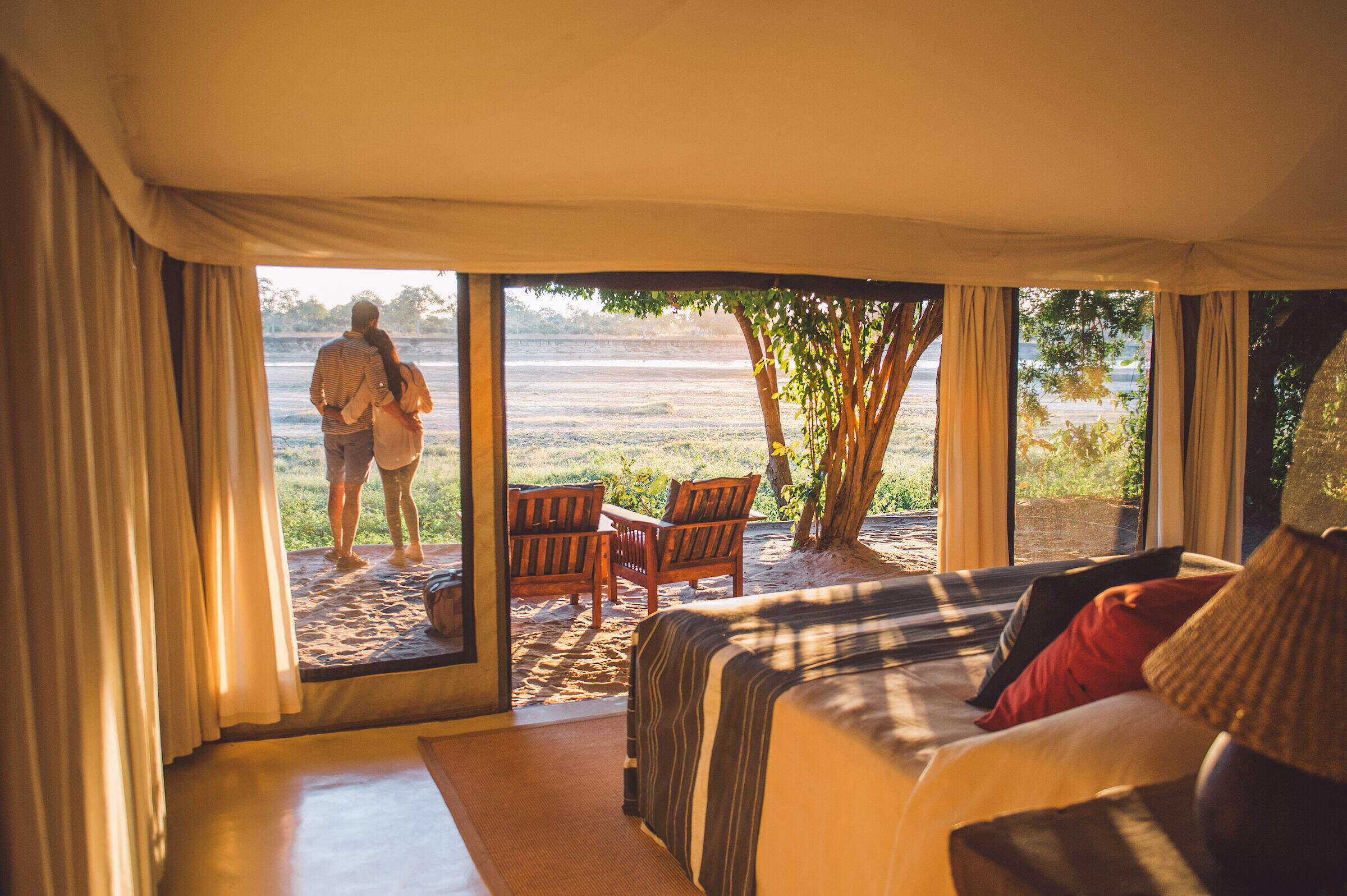
Tena Tena
One of the Luangwa's best camps, in a beautiful, remote bush location, Tena Tena is very small, exceedingly well-run and has top-rate guiding.
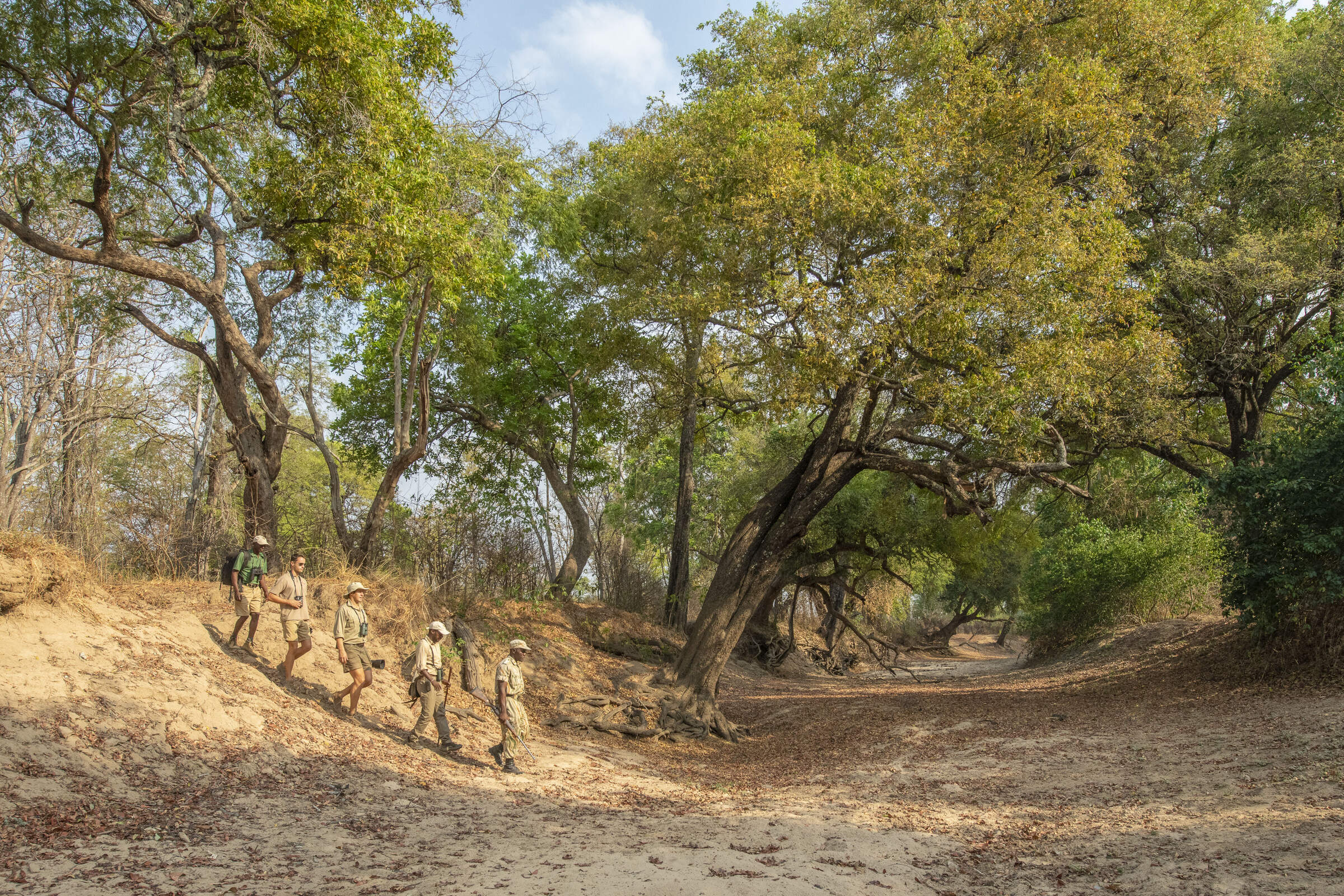
Chikoko Tree Camp
Chikoko Tree Camp is an excellent small, rustic bushcamp that concentrates on walking safaris, and is run by a top-quality operation.
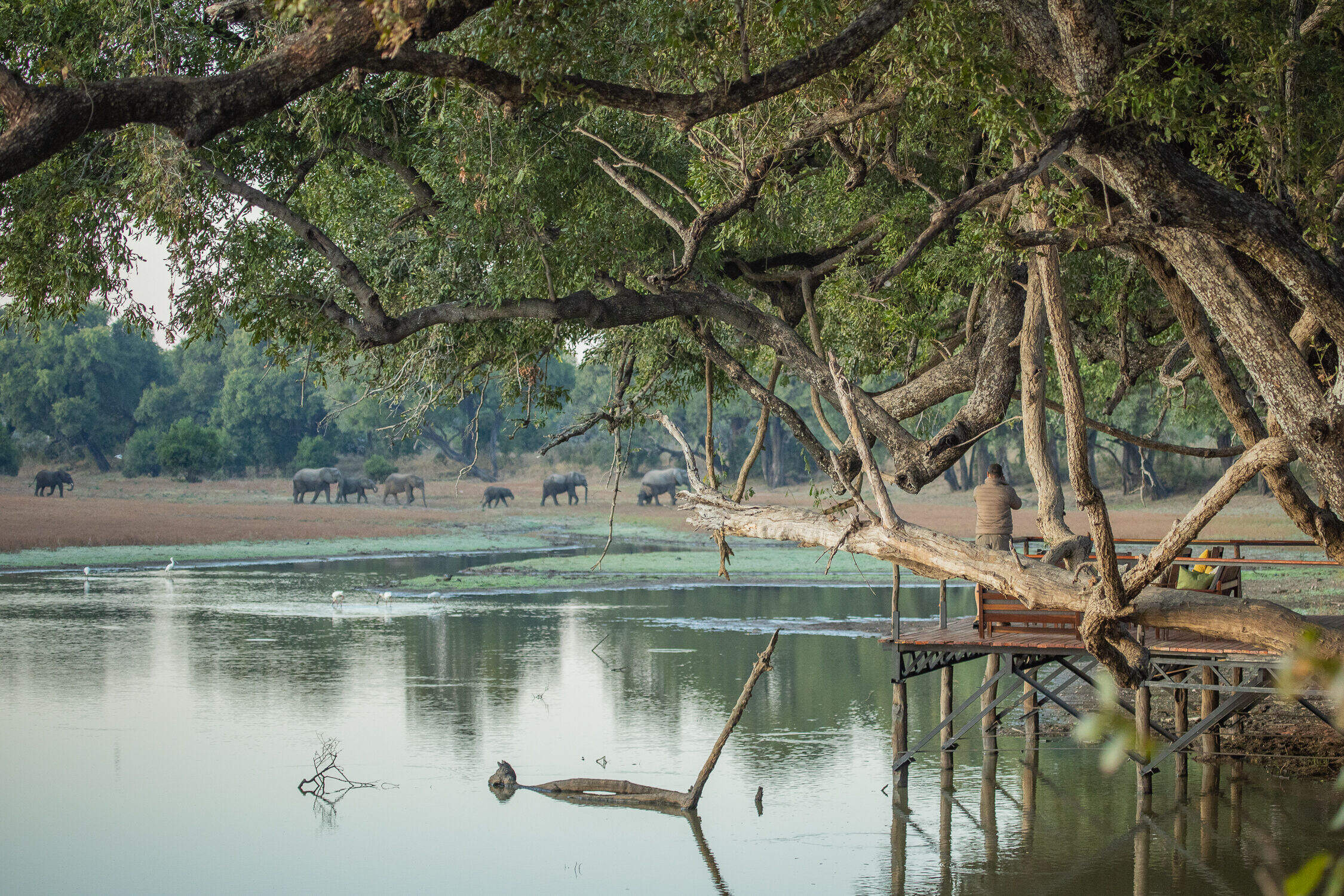
Big Lagoon Camp
Big Lagoon Camp is a great little rustic bushcamp built to high standards that focuses on excellent walking safaris, with the emphasis on top wildlife guides.
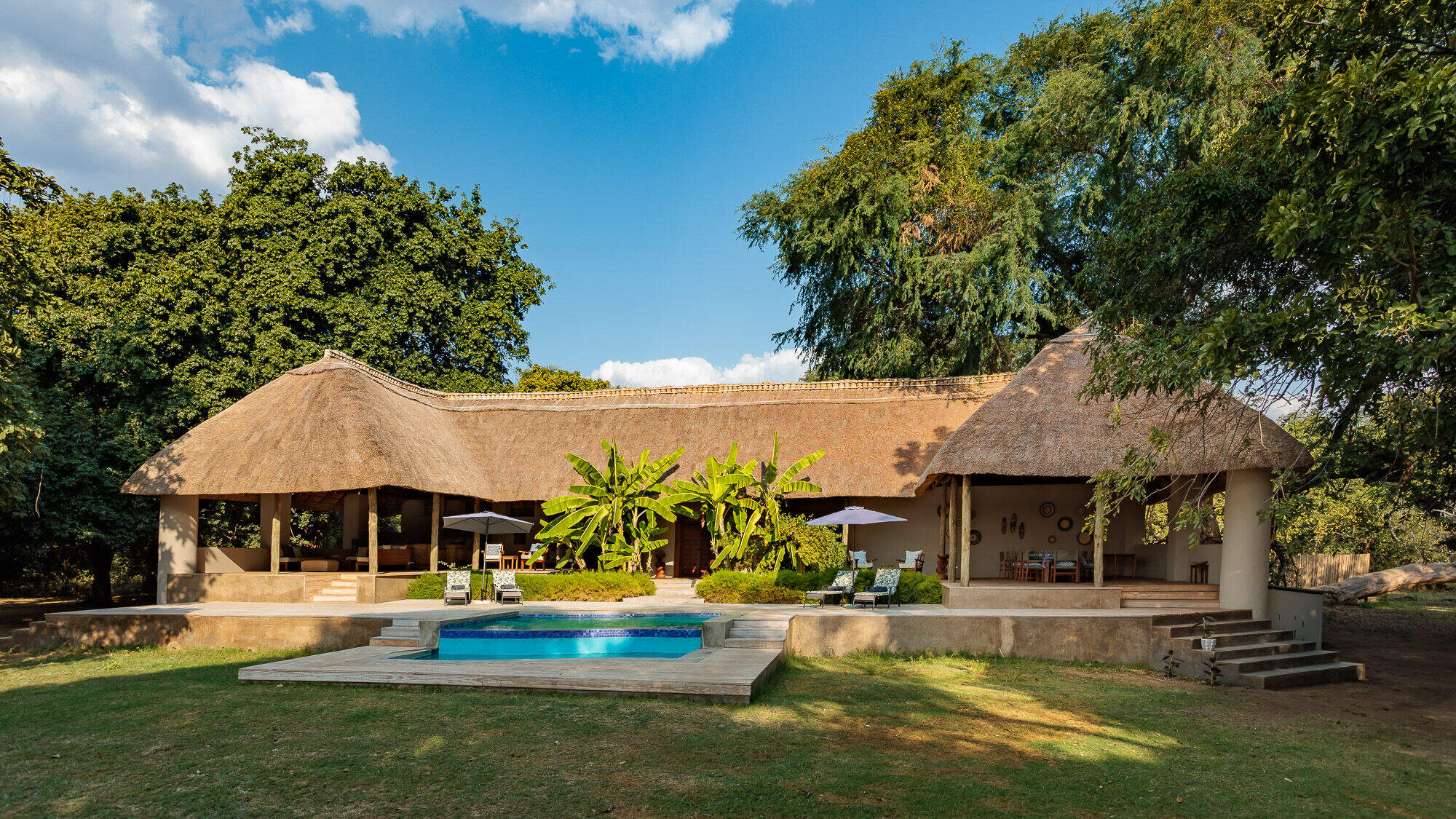
Luangwa River Camp
Luangwa River Lodge is a small and consciously stylish lodge in the Mfuwe area, overlooking the Luangwa River and the South Luangwa National Park beyond – an area renowned for great game.
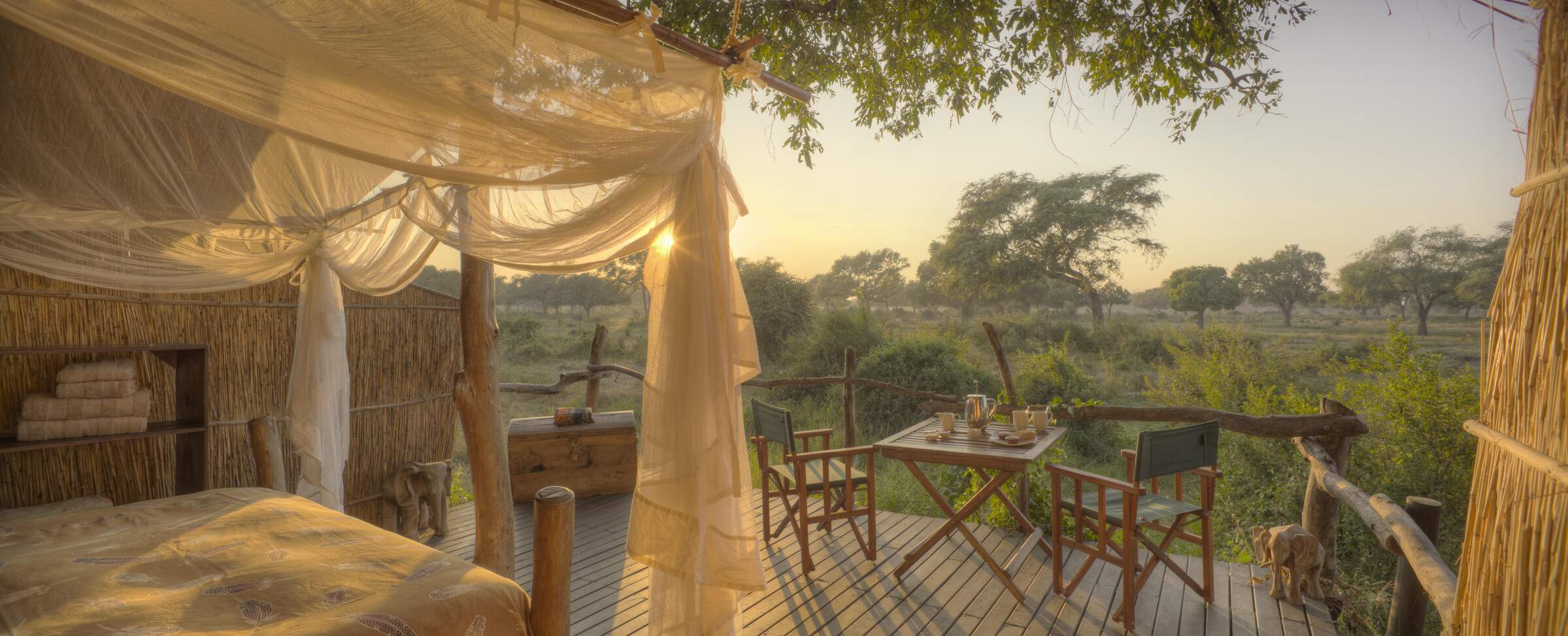
Flatdogs Camp
A relatively big safari camp, Flatdogs offers value for money with great guiding and good food in a comfortable, relaxed setting.
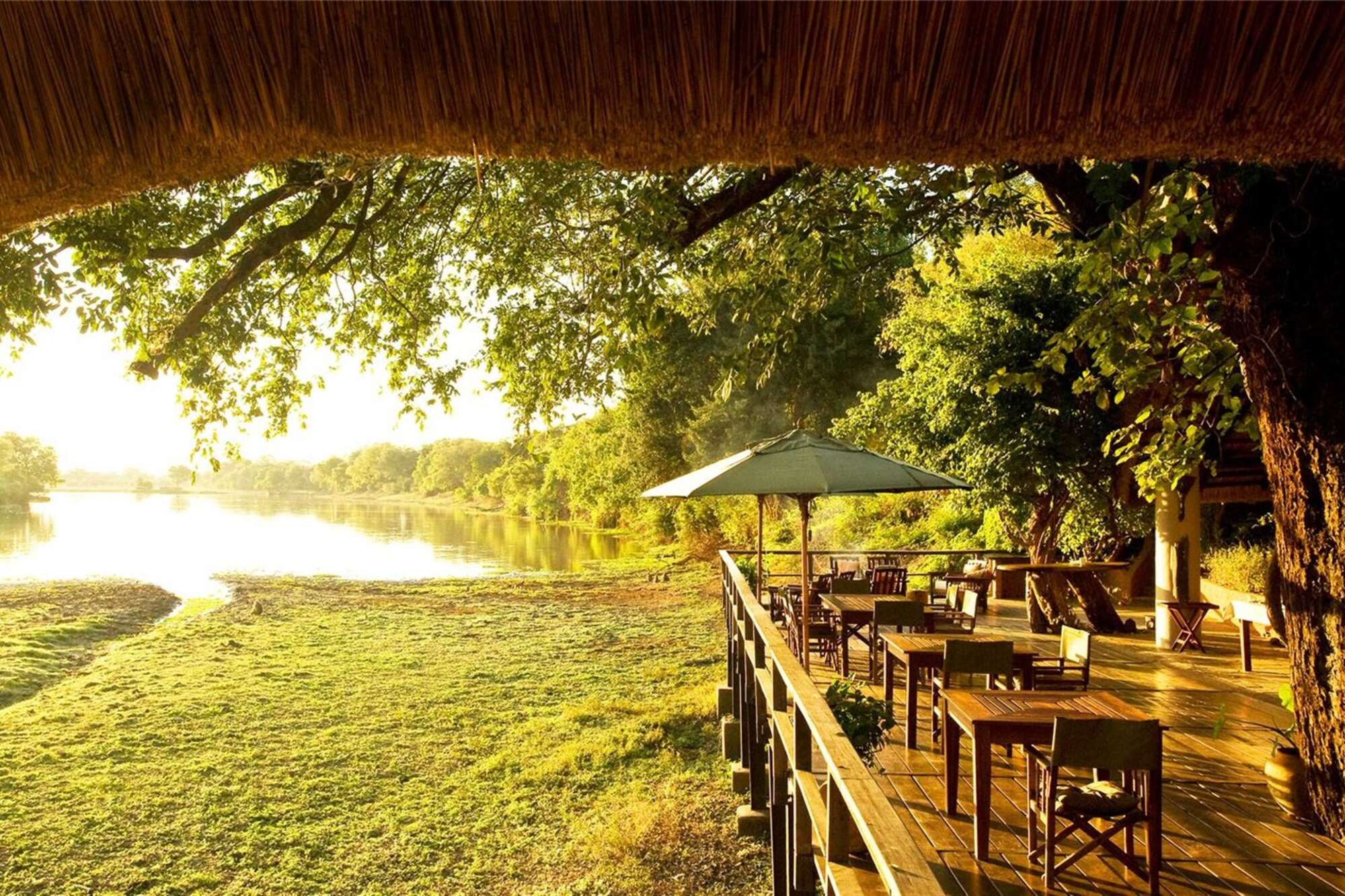
Kapani Lodge
Kapani Lodge is now the main office base for Norman Carr Safaris, one of the Luangwa's oldest safari operations.
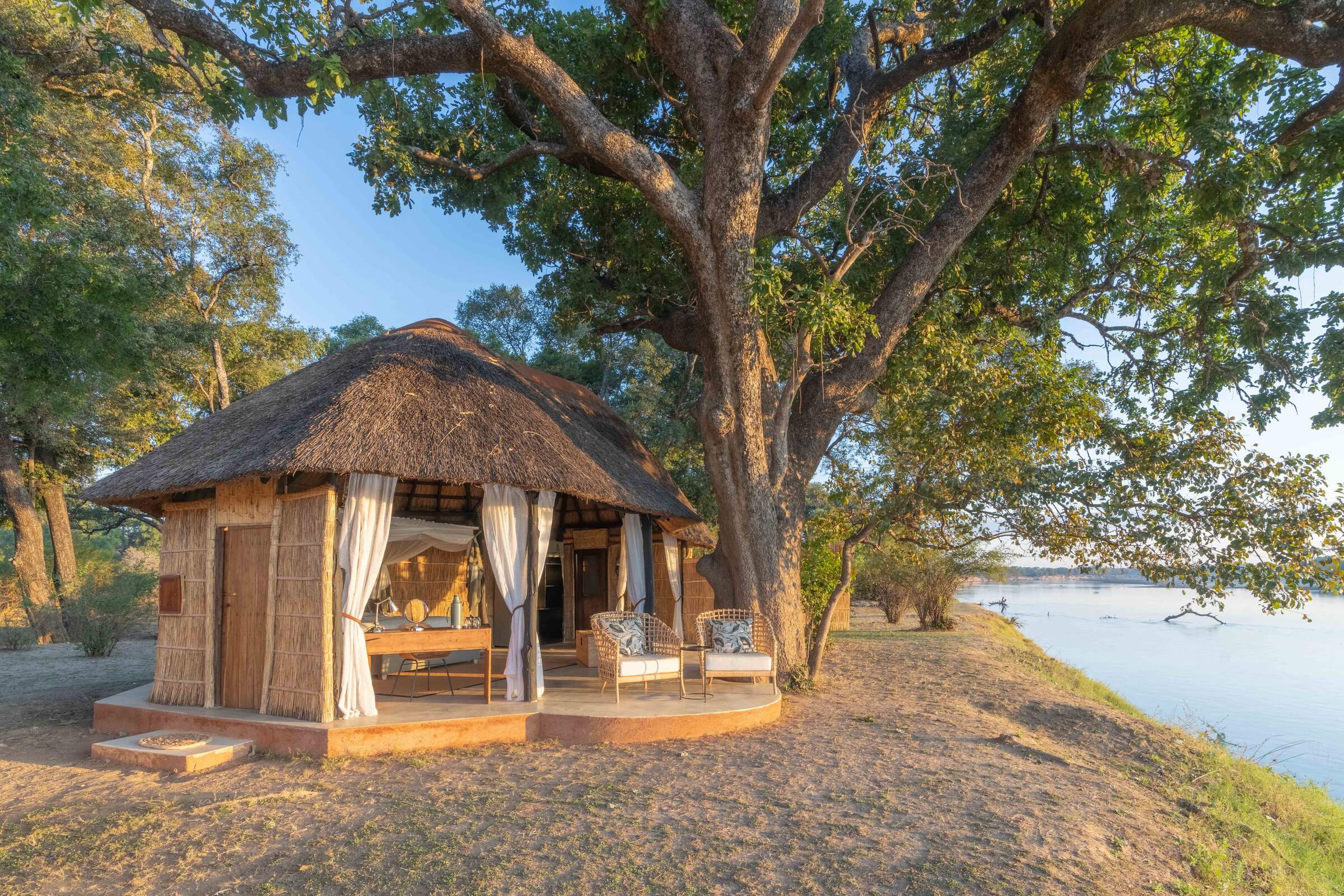
Mchenja Bushcamp
Set in a shady ebony grove on the banks of the Luangwa, Mchenja is a smart tented bushcamp. It combines well with Kakuli and Nsolo – its sister camps with a focus on walking safaris.
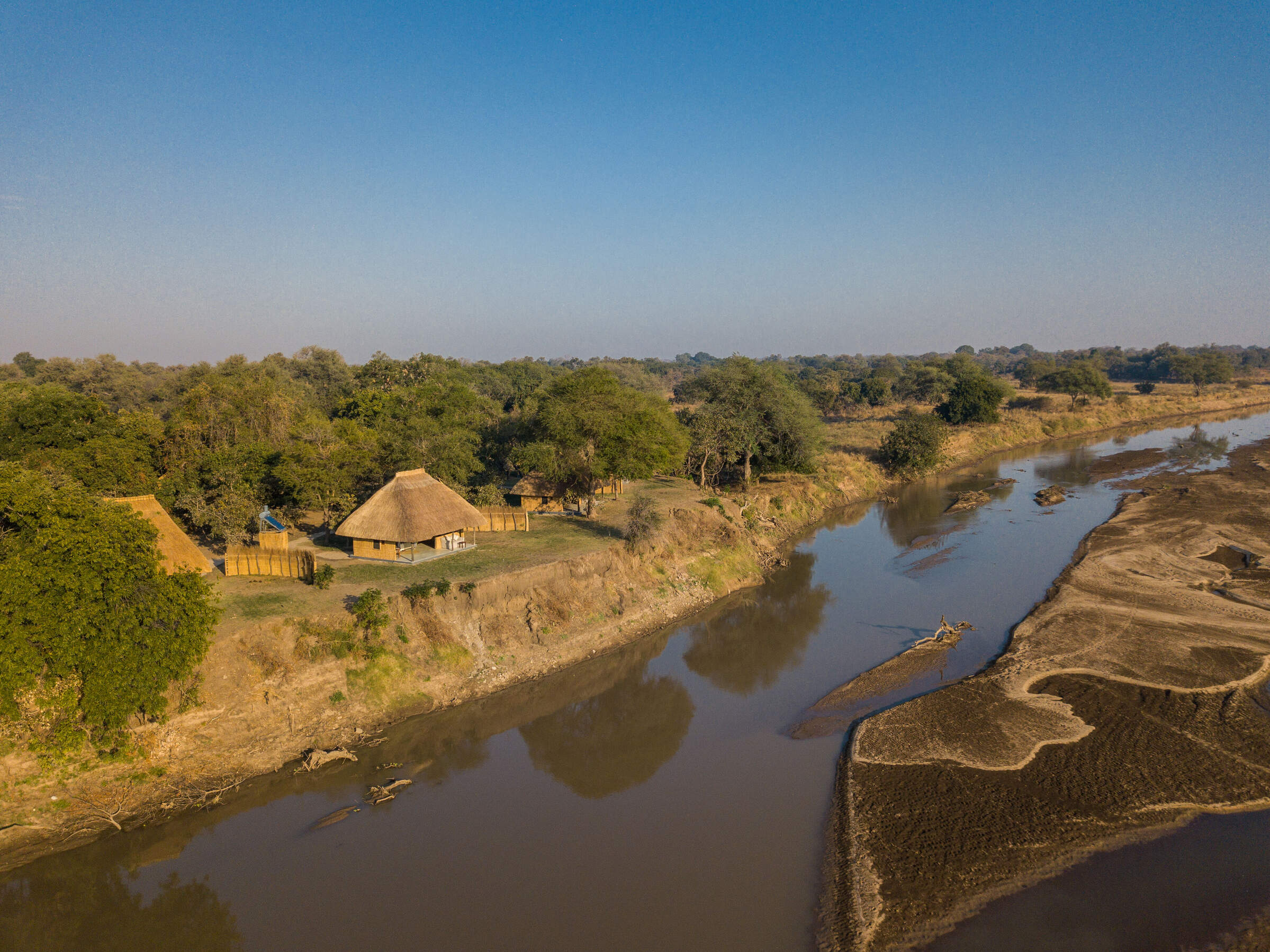
Kakuli Bushcamp
Beside the Luangwa River, Kakuli is a comfortable tented bushcamp offering 4WD safaris and walking safaris – the best of which are camp-to-camp walks linking Kakuli with its nearby sister camps.
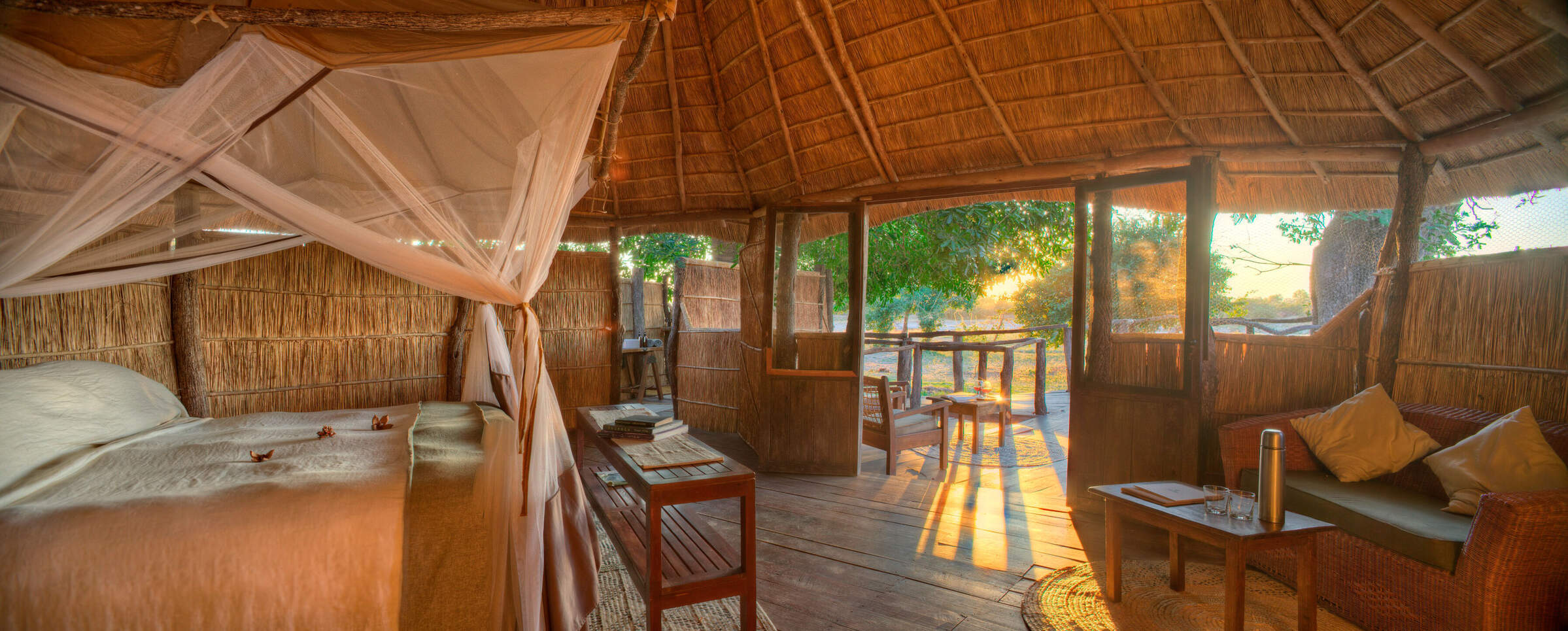
Nsolo Bushcamp
Nsolo is a small, comfortable bushcamp overlooking one or two pools in the usually dry Luwi riverbed. It concentrates on walking safaris in an interesting and diverse area, led by a knowledgeable guide.
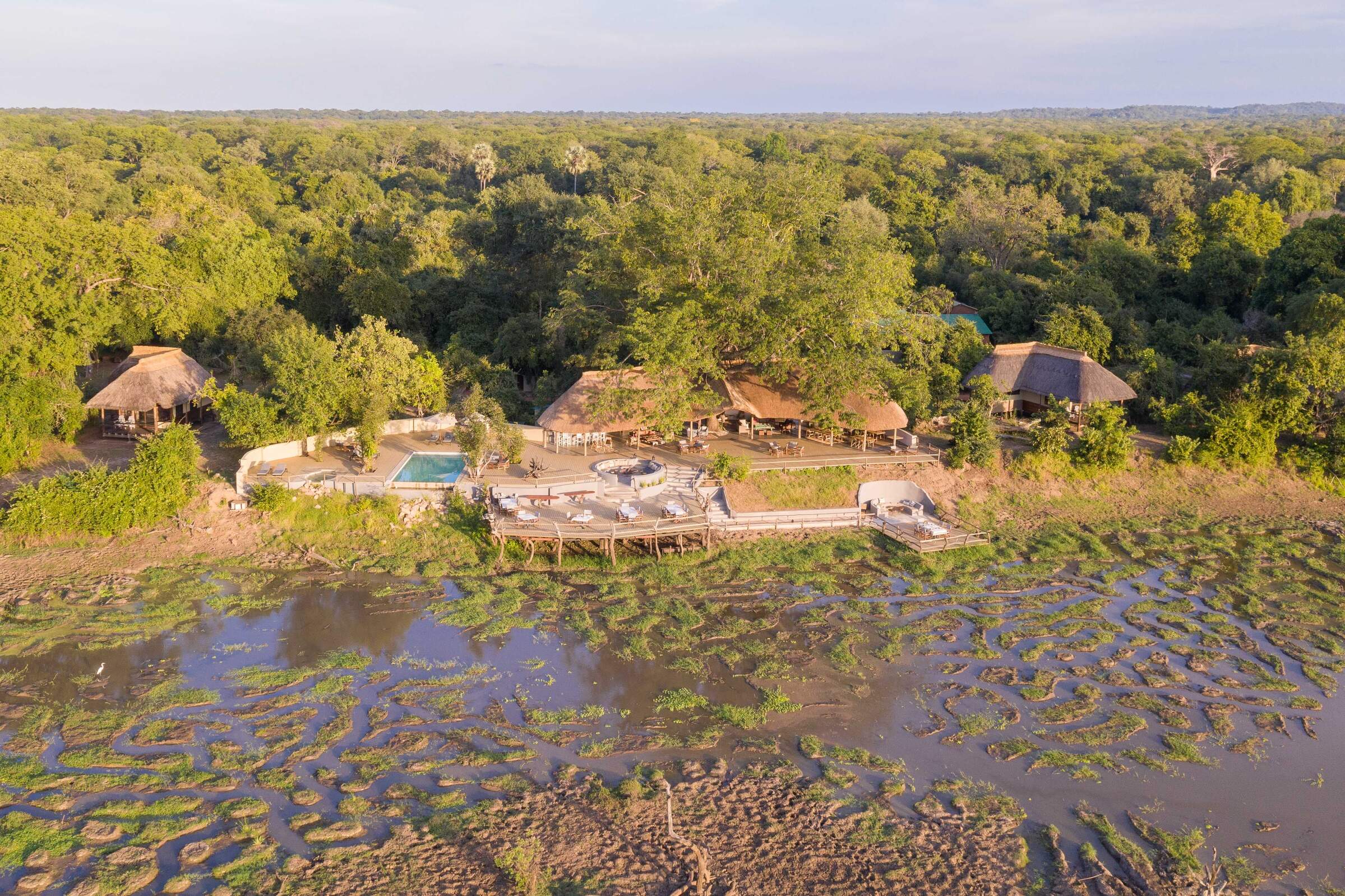
Kafunta River Lodge
Kafunta is a laid-back, friendly and good-value lodge on the outskirts of South Luangwa National Park.
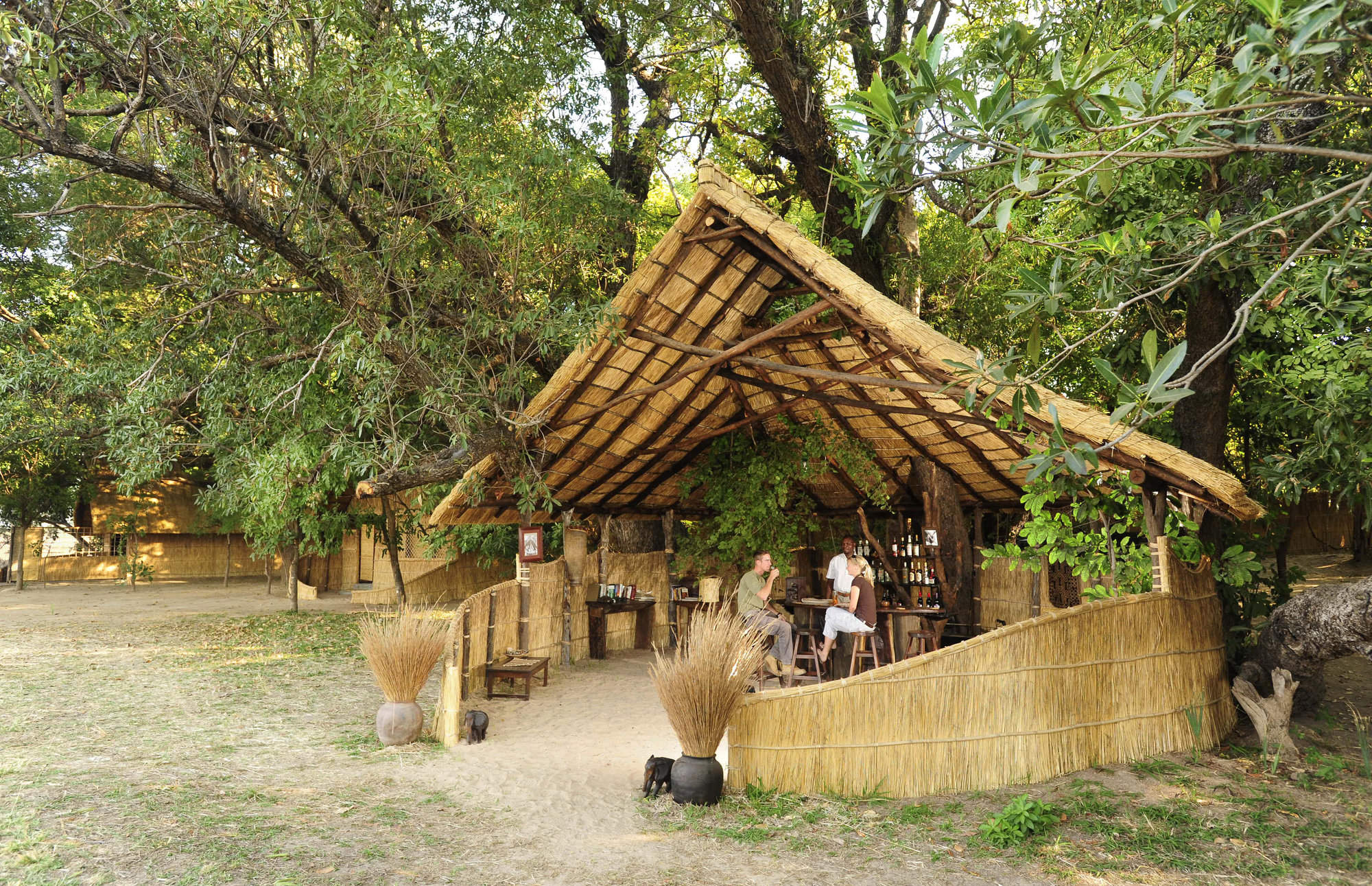
Luwi Bushcamp
In a remote part of the South Luangwa National Park, Luwi is a rustic bushcamp whose emphasis is on walking safaris with great guiding and a chance of seeing some rarely seen and elusive antelope.
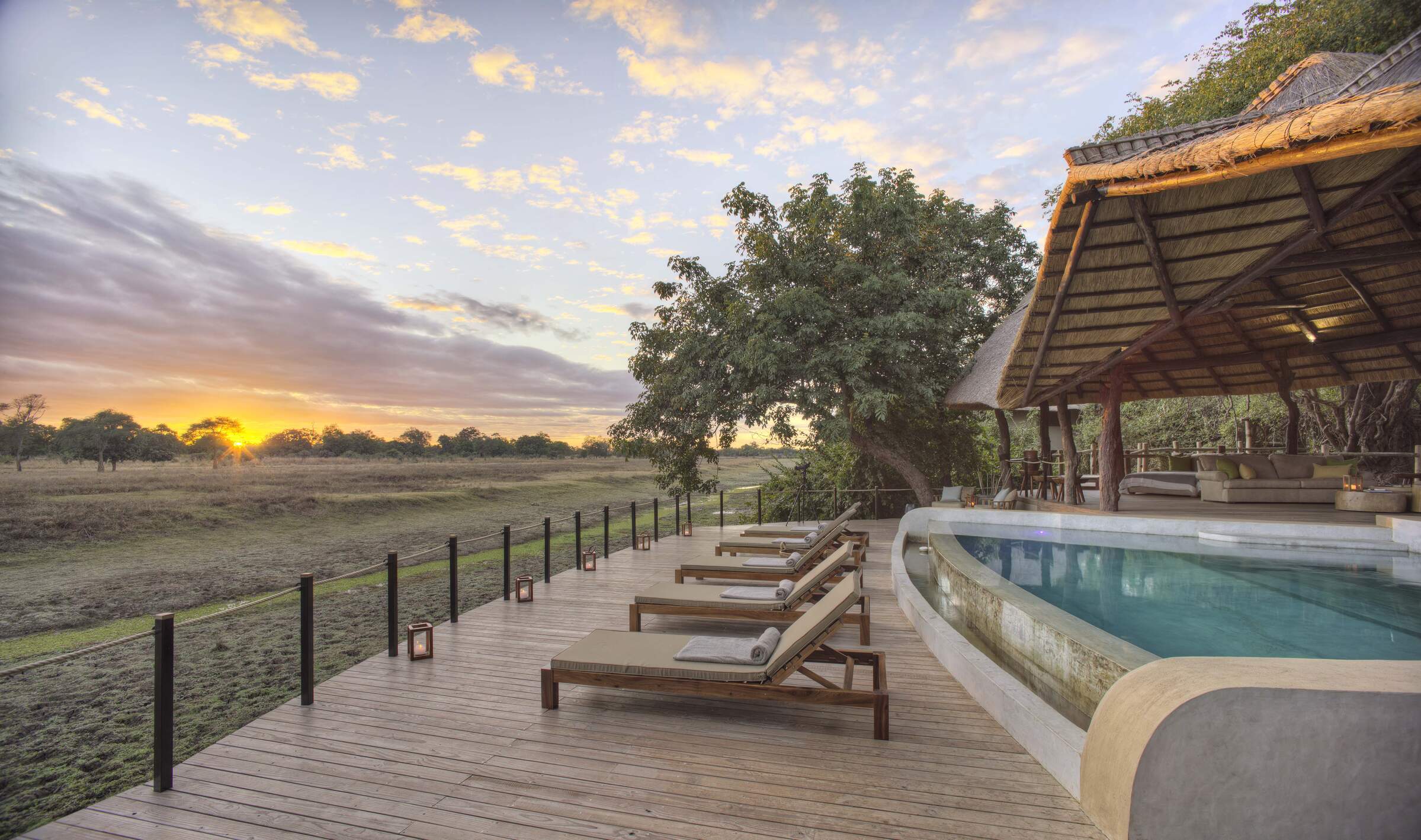
Lion Camp
Lion Camp is an established and comfortable camp with a swimming pool, located near to the game-rich Lion Plain in the northern part of South Luangwa National Park.
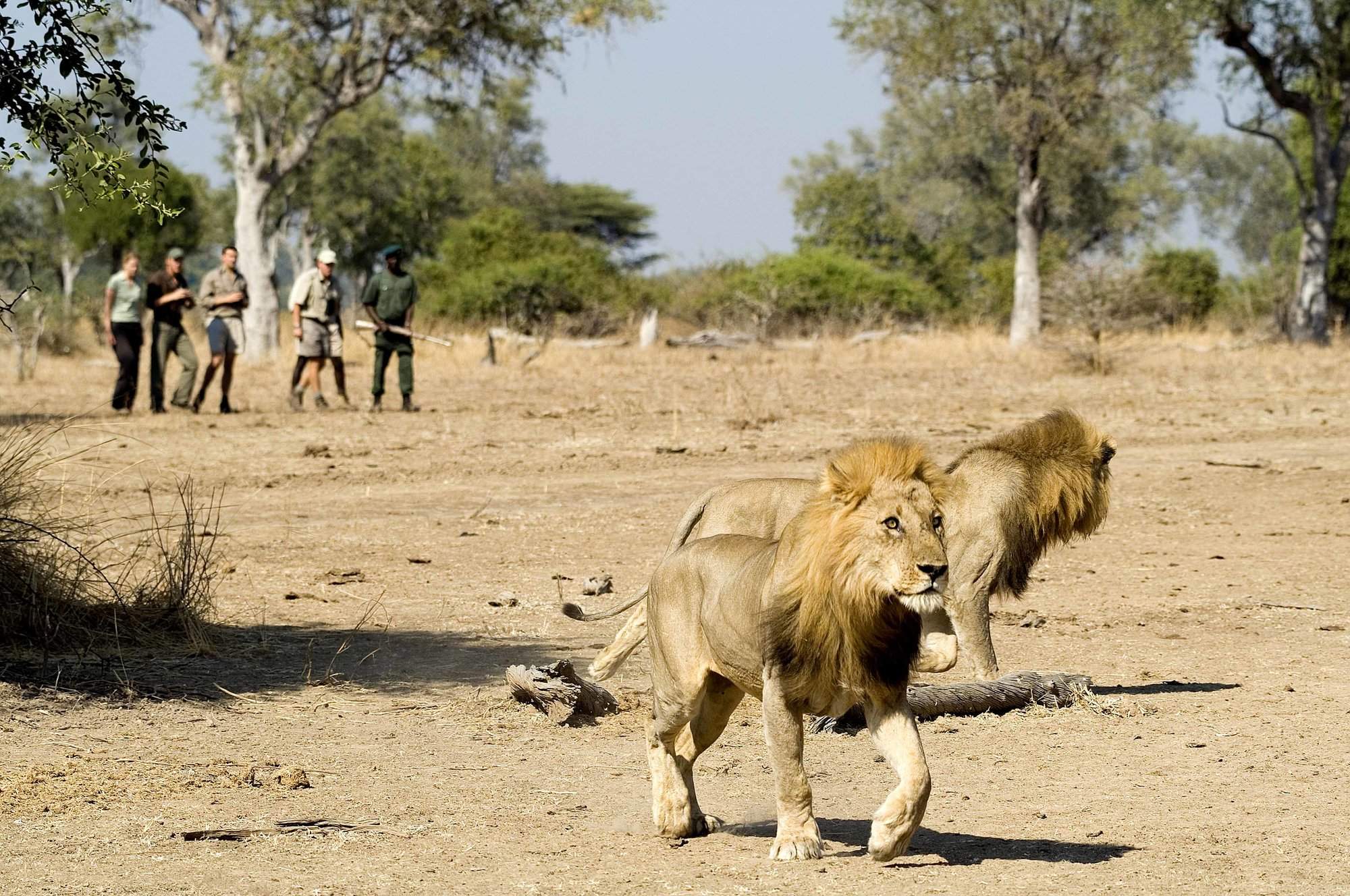
Robin Pope mobile
RPS mobile safari camps are at the heart of their set-itinerary walking safaris in South Luangwa National Park, which start and finish at a permanent camp.
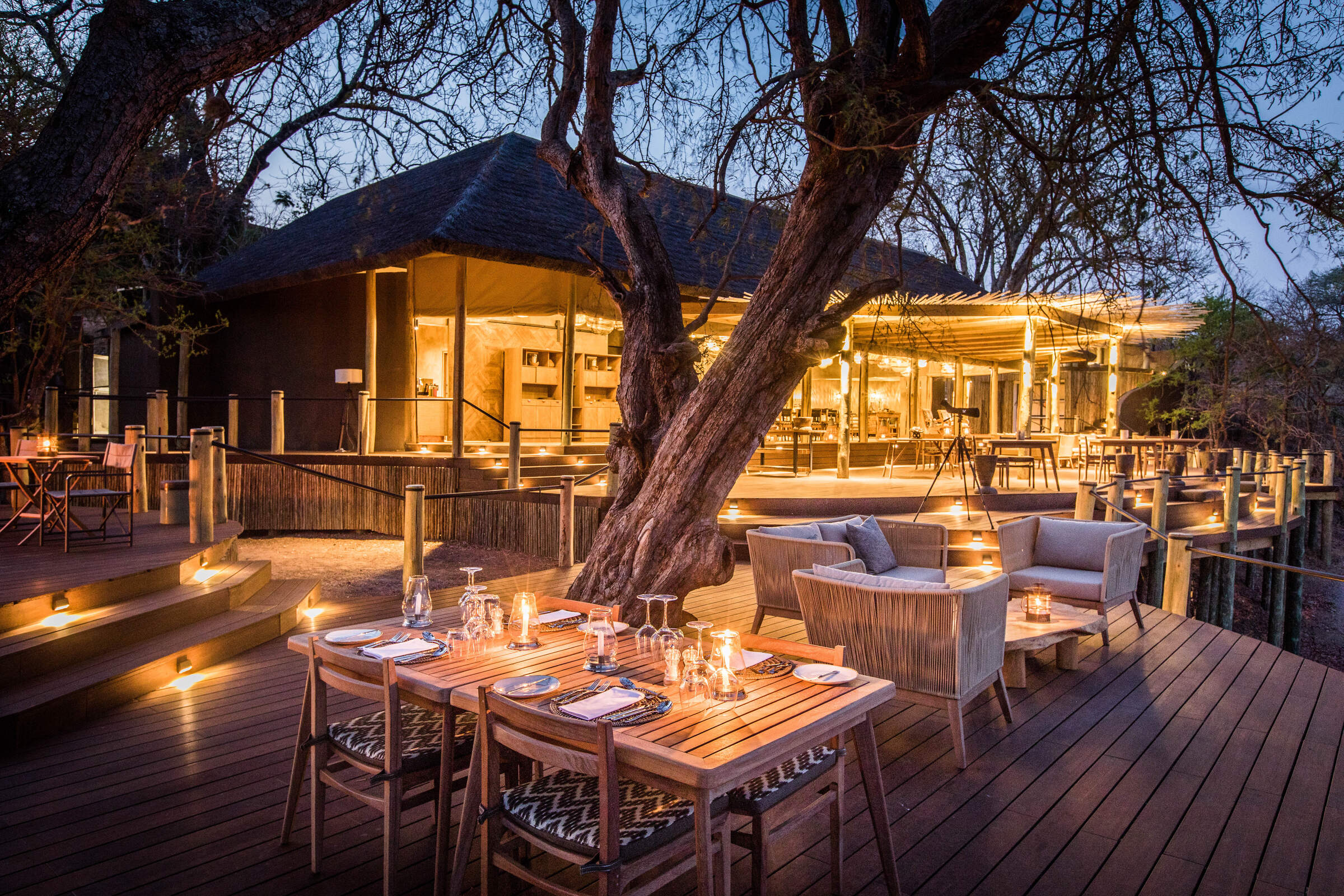
Puku Ridge
Puku Ridge is a luxurious designer camp set in a stunning location, high on a hill overlooking a floodplain within South Luangwa. Explore from here on 4WD safaris and walks.
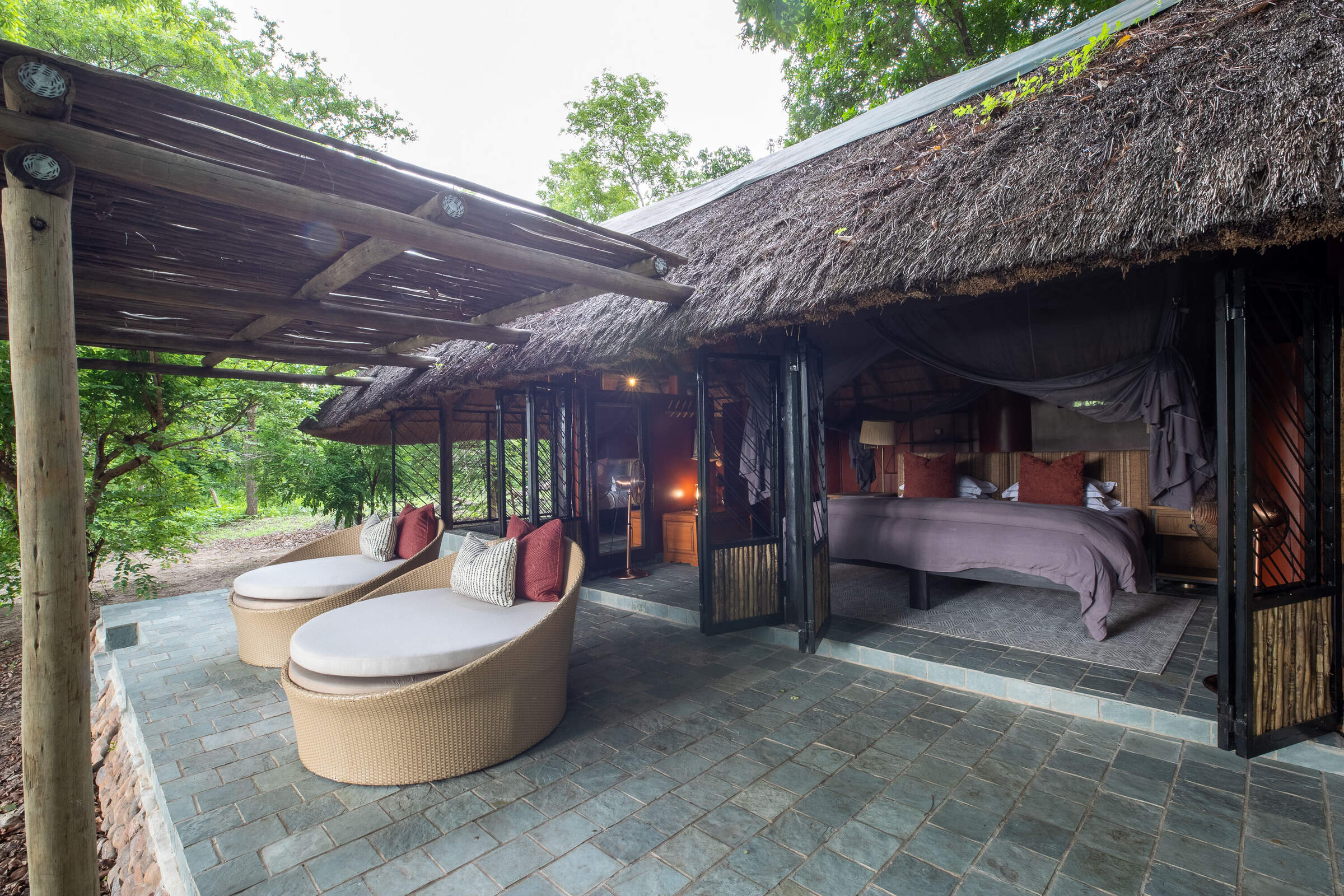
Kapamba Bushcamp
In the remote far south of South Luangwa National Park, Kapamba is a small and very comfortable bushcamp offering good walks and game drives.
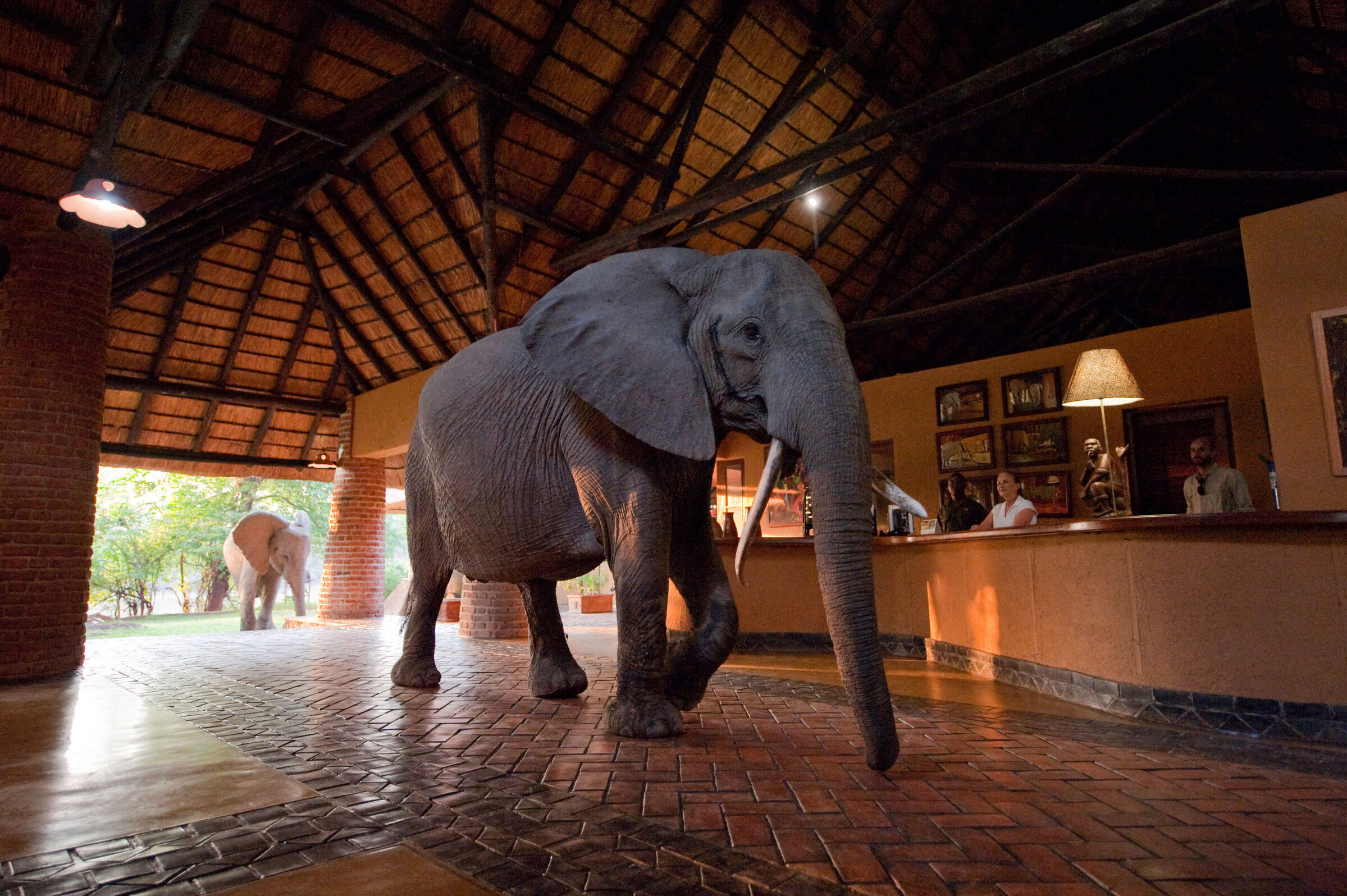
Mfuwe Lodge
In a game-rich area close to the South Luangwa’s main Mfuwe Gate, Mfuwe Lodge is relatively large by park standards, but it’s stylish, modern and family friendly.
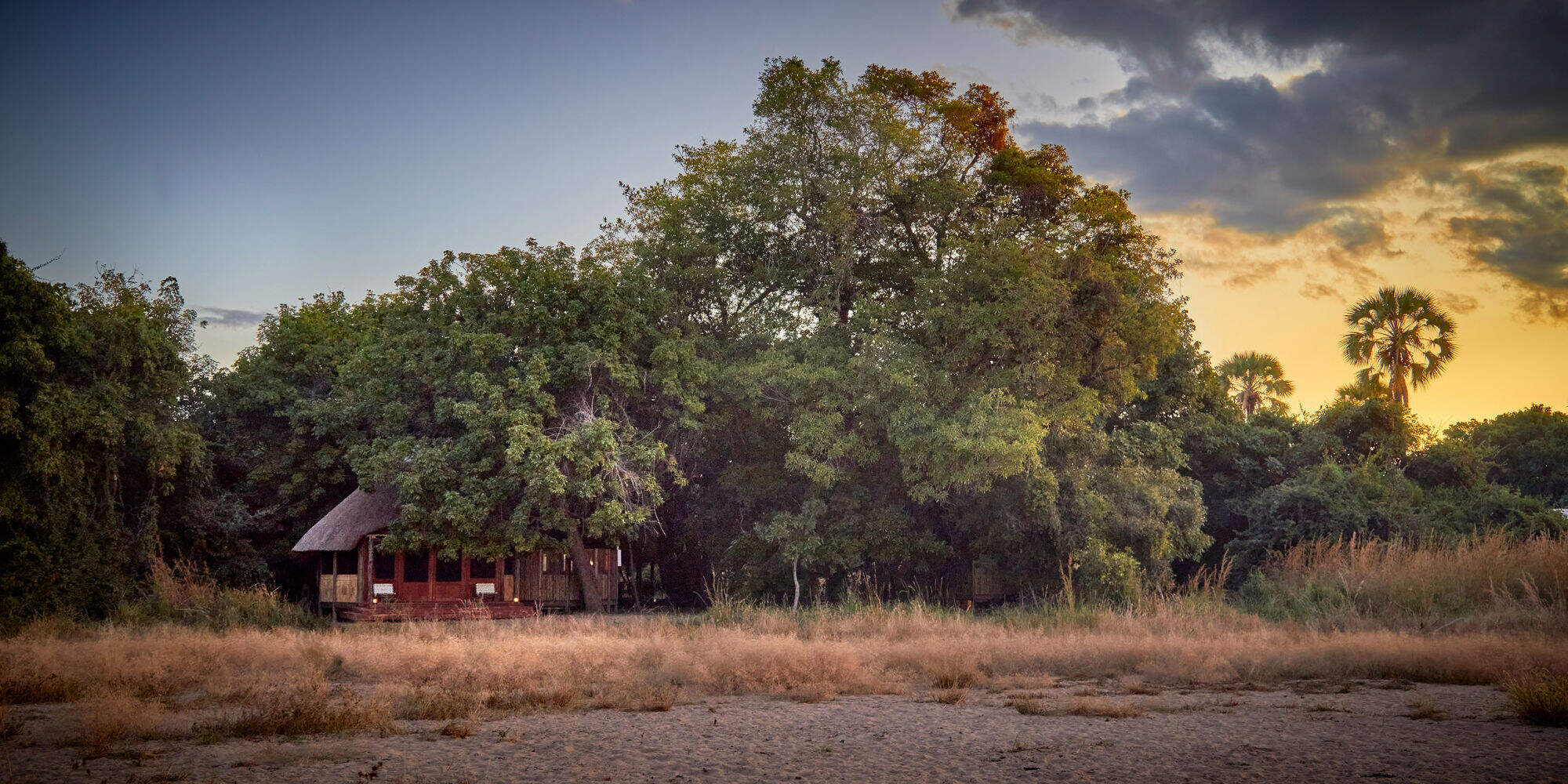
Kuyenda Bushcamp
Kuyenda Bushcamp is a classic bushcamp with particularly delightful hosts and offers top-class walking safaris in South Luangwa National Park.
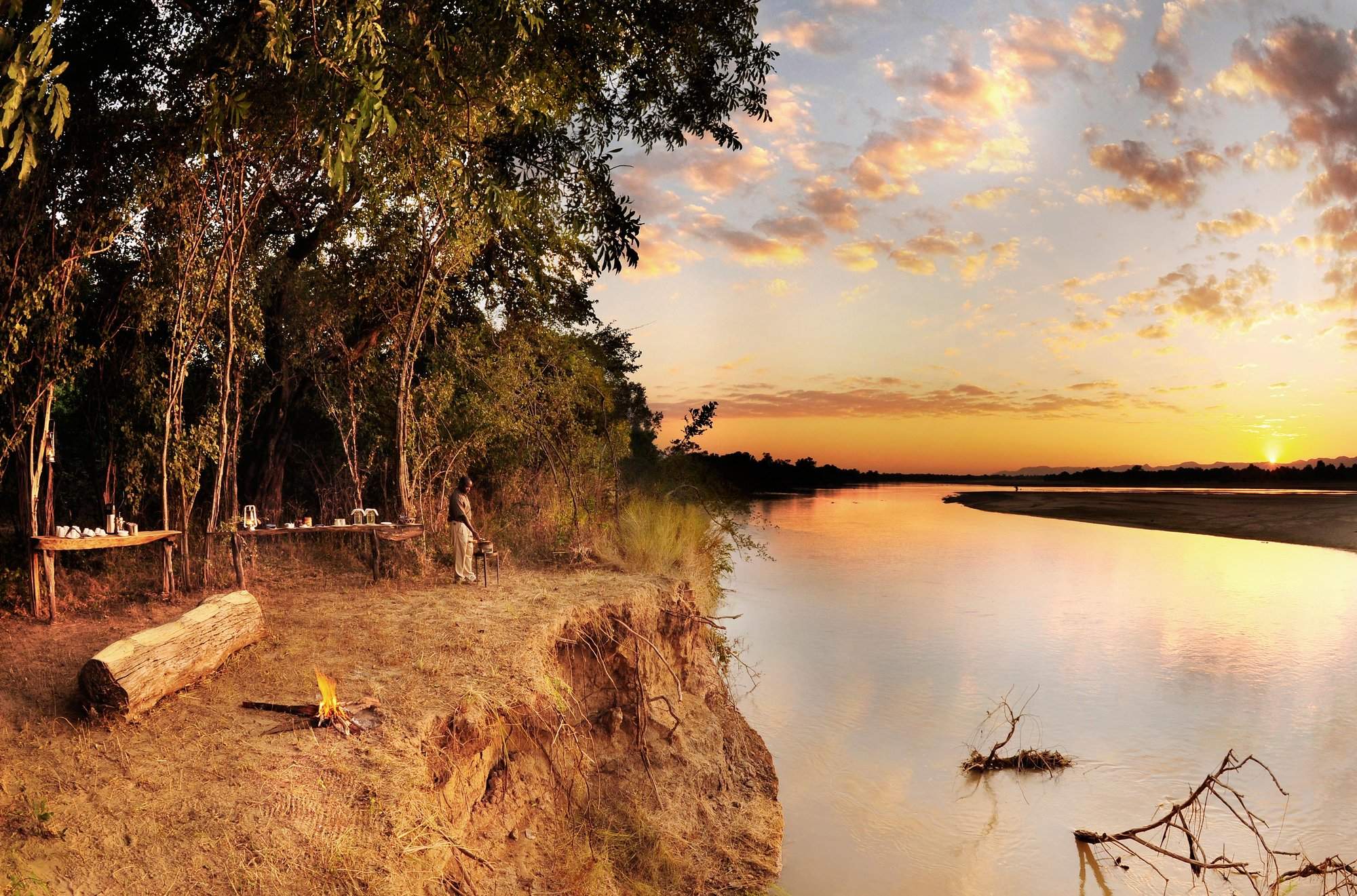
Bilimungwe Bushcamp
A smart bushcamp with four very spacious chalets, Bilimungwe offers interesting walking safaris in pretty riverine woodland, as well as day and night safari drives.
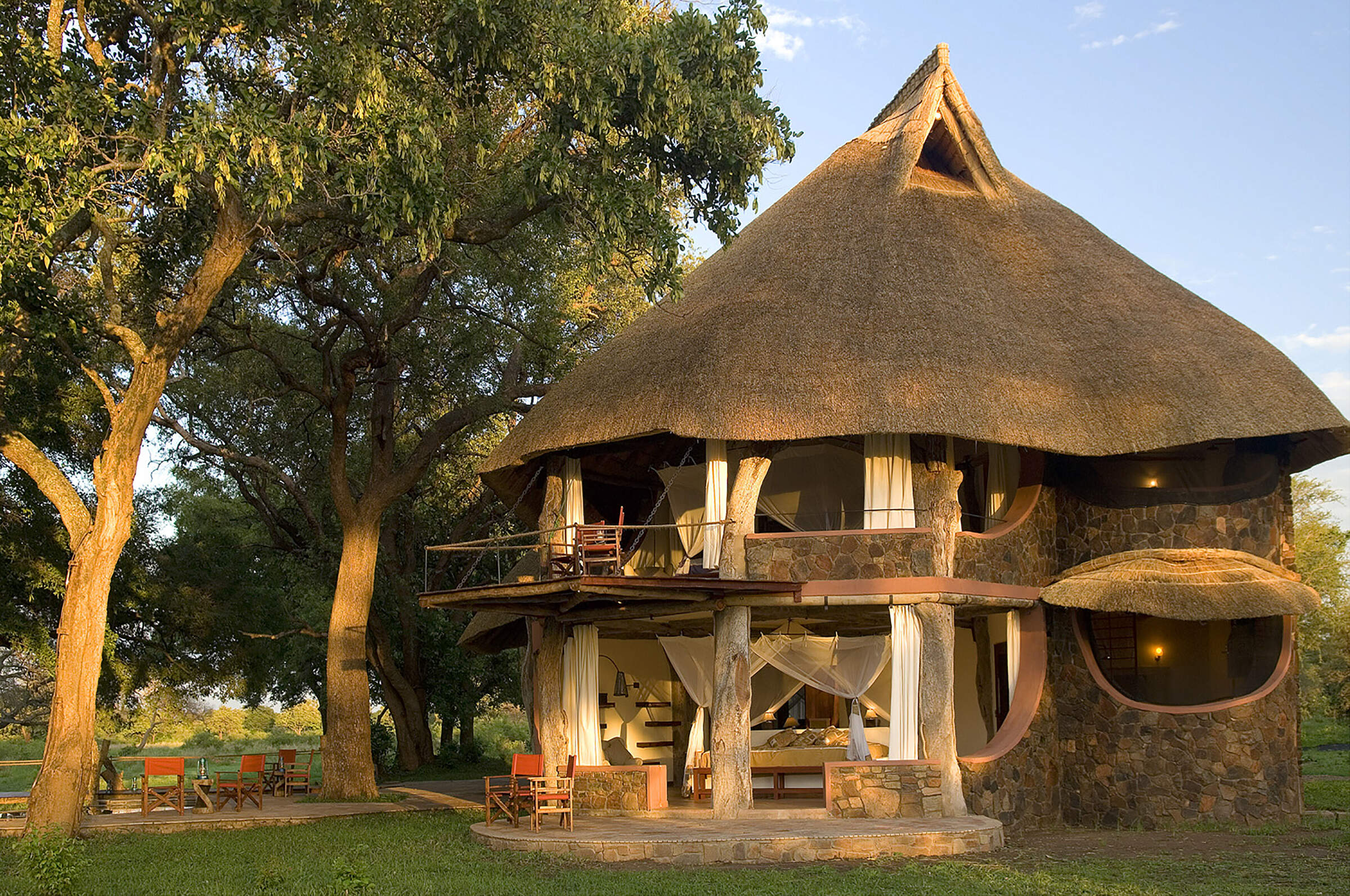
Luangwa Safari House
Luangwa Safari House is a vast and very smart four-bedroom house specifically designed for families and small groups, and offering an exclusive and flexible safari experience.
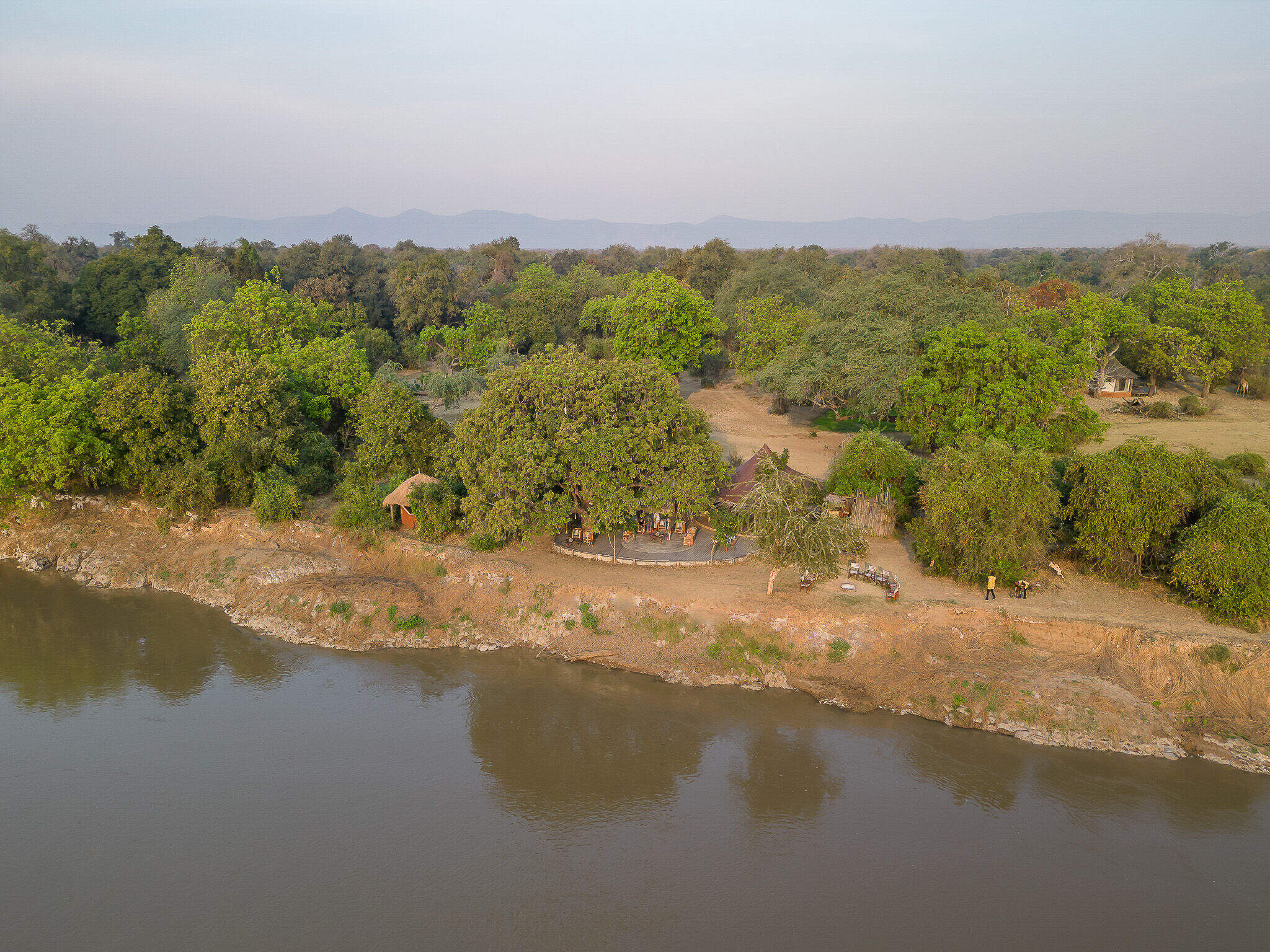
Three Rivers Camp
In the remote far south of South Luangwa National Park, Three Rivers Lodge sits at the confluence of three of the valleys rivers.
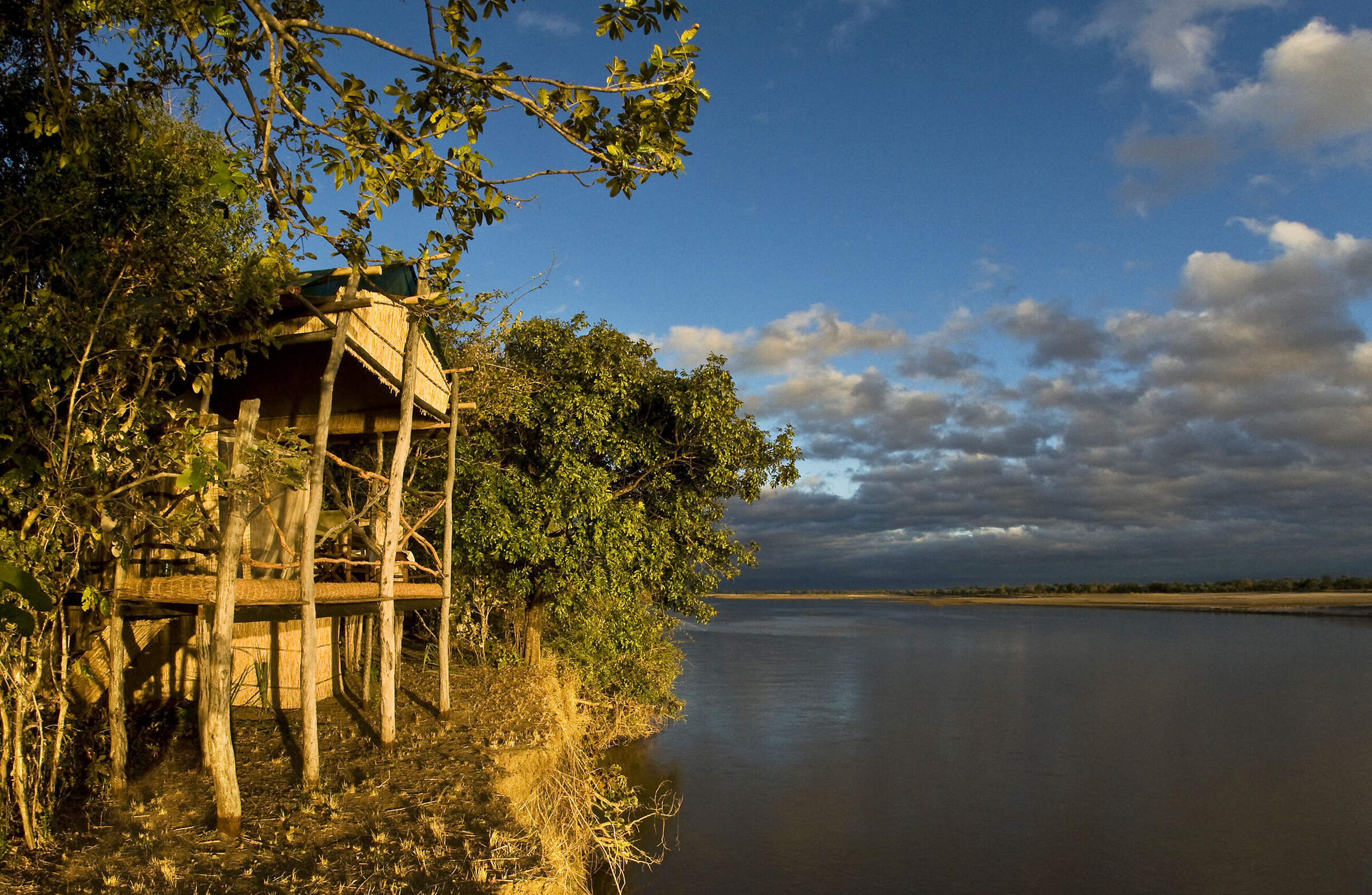
Island Bush Camp
Island Bushcamp is a good-value, rustic, walking-only camp, in arguably one of the most remote parts of the South Luangwa, well away from all other camps.
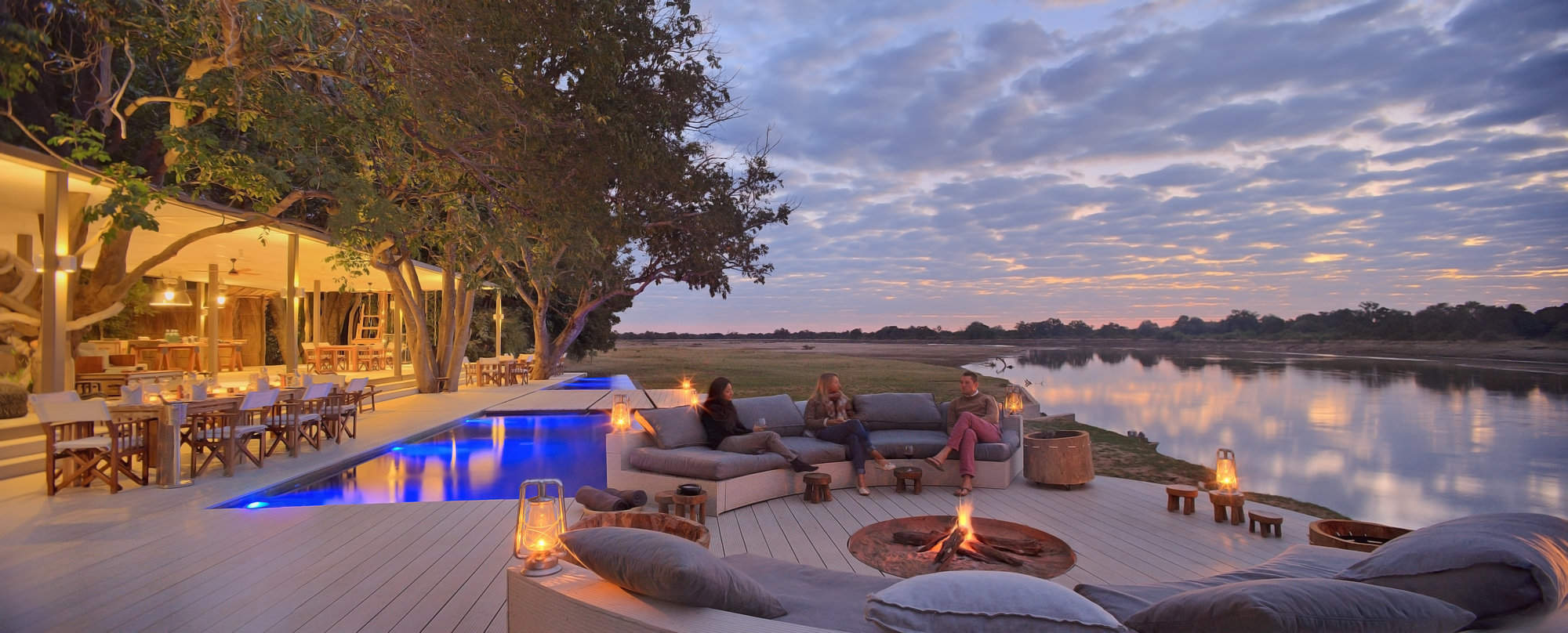
Chinzombo
Opened in early June 2013, Chinzombo offers luxurious and stylish accommodation with very high levels of service and excellent guiding.
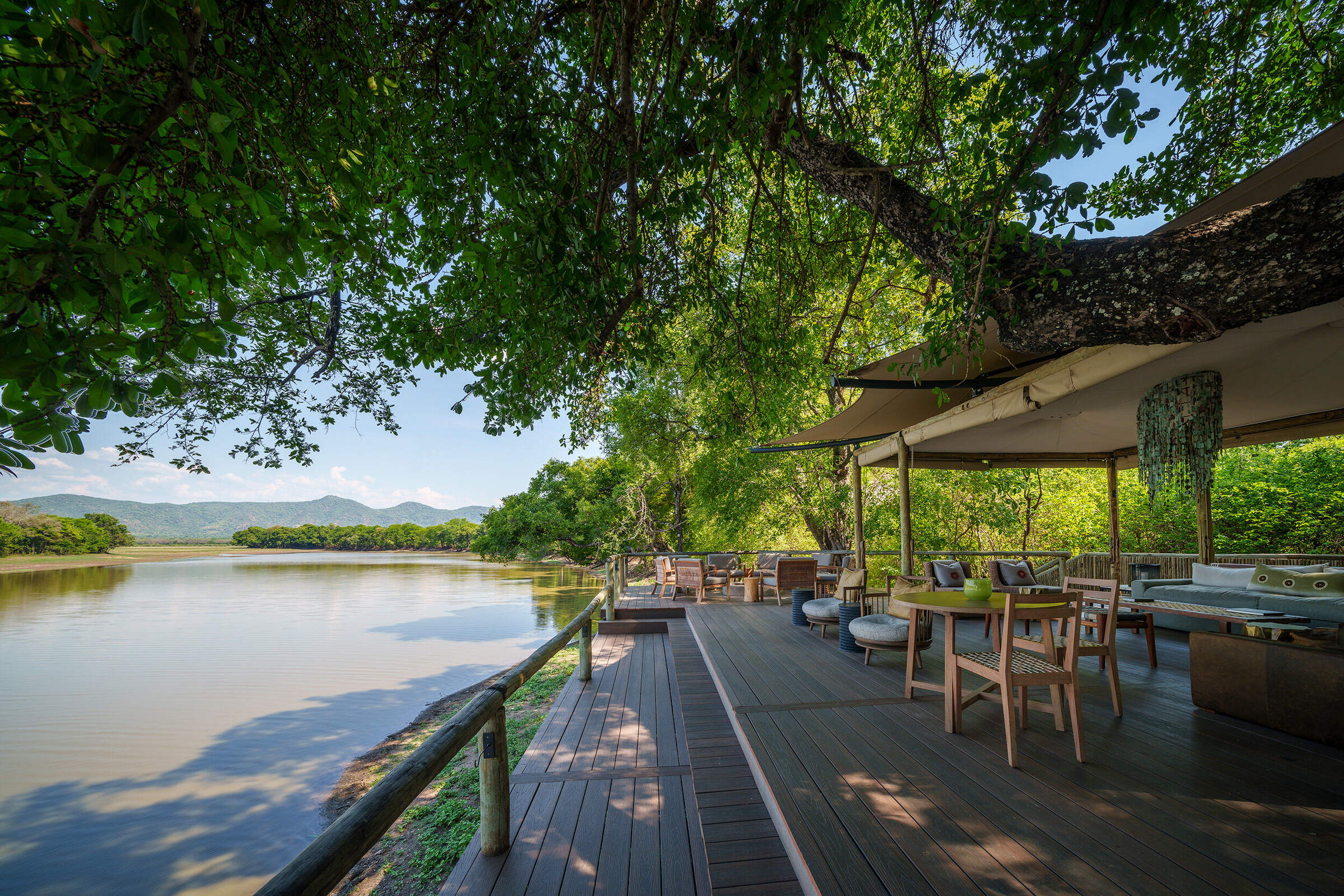
Chindeni
Chindeni Bushcamp is a very modern and minimalist camp, which is a far cry from your traditional bushcamp and unlike most of the other camps in South Luangwa.
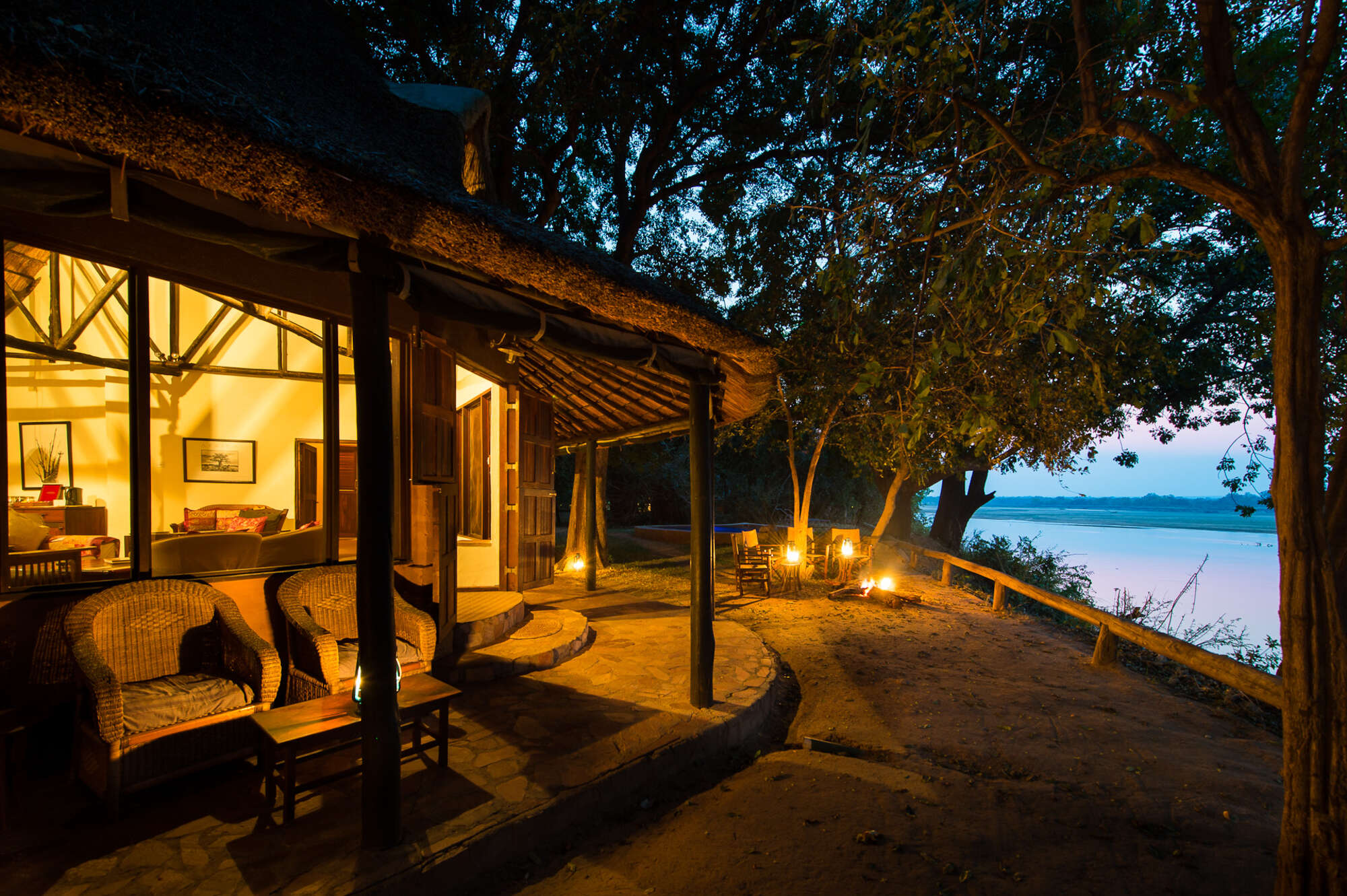
Robin's House
With your own expert guide, private vehicle, chef and valet, the two-bedroom Robin's House offers an exclusive, flexible safari experience – and is open year round.
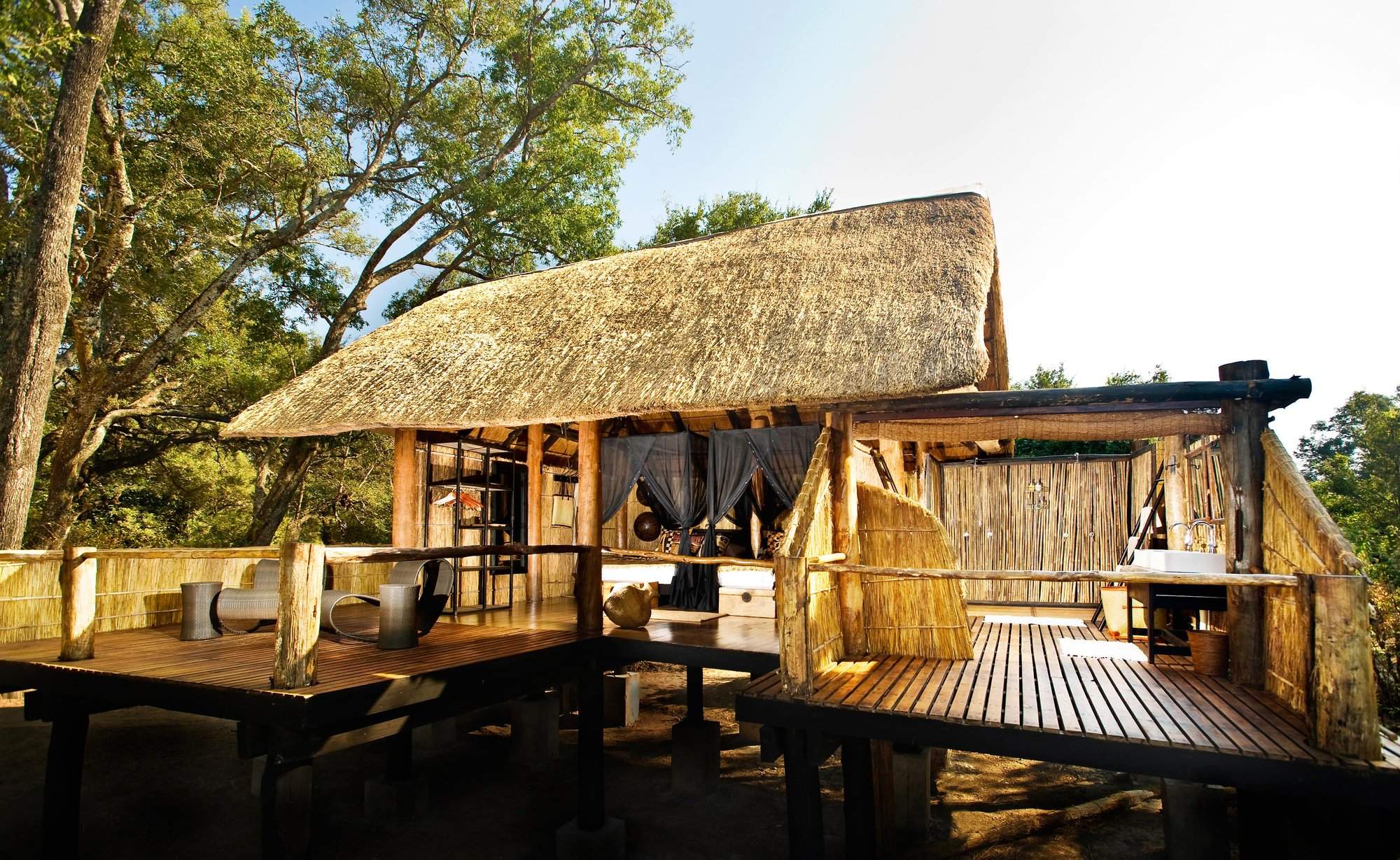
Chamilandu Bushcamp
A comfortable little bushcamp, Chamilandu has a picturesque setting by the Luangwa River, in an area with a range of habitats to explore on foot and by 4WD.
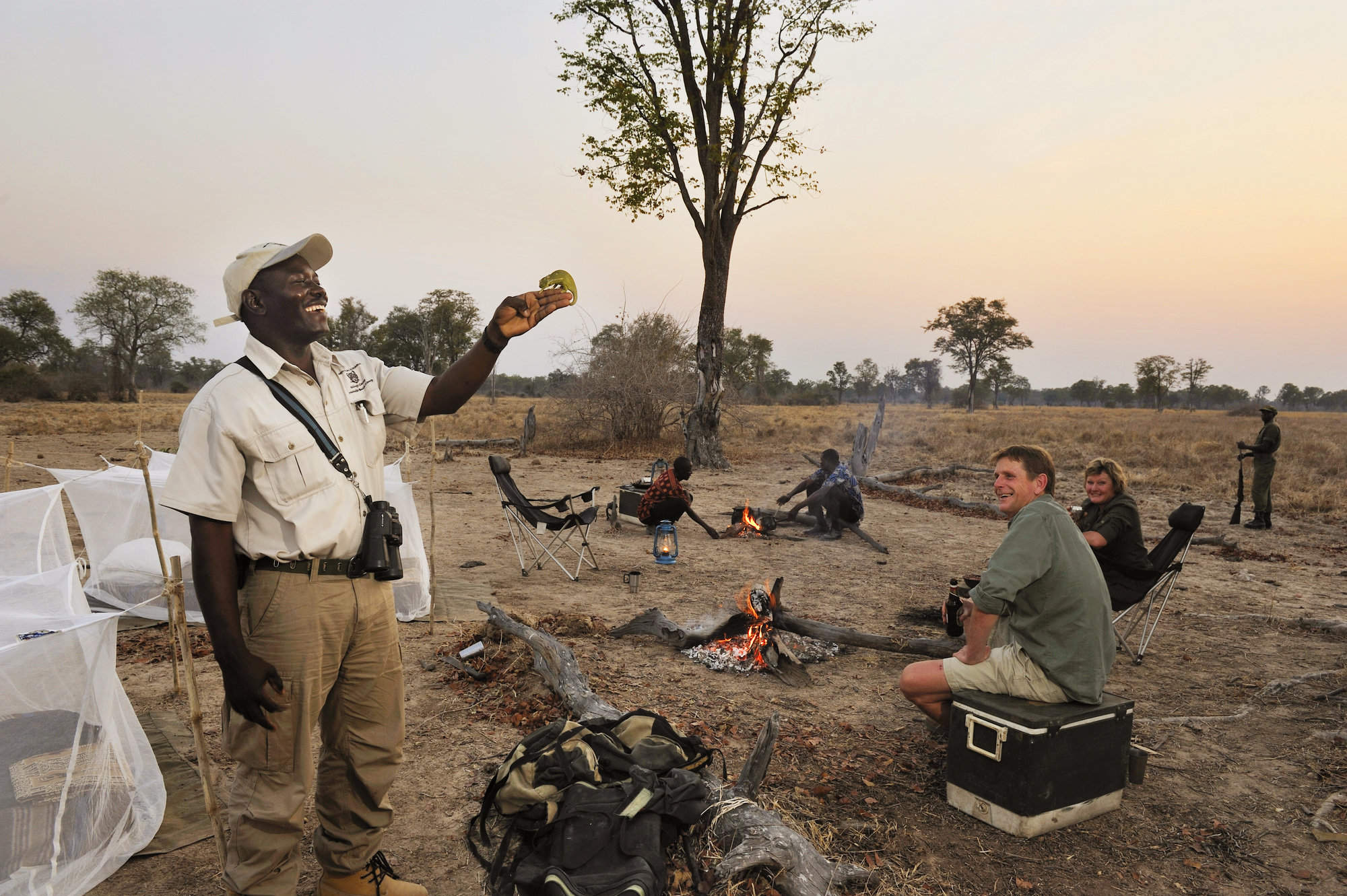
Mwamba Camp-out
The Mwamba-Camp Out allows you to have an incredibly adventurous night in the bush, sleeping under mosquito nets with activities led by some of the best guides in Zambia.
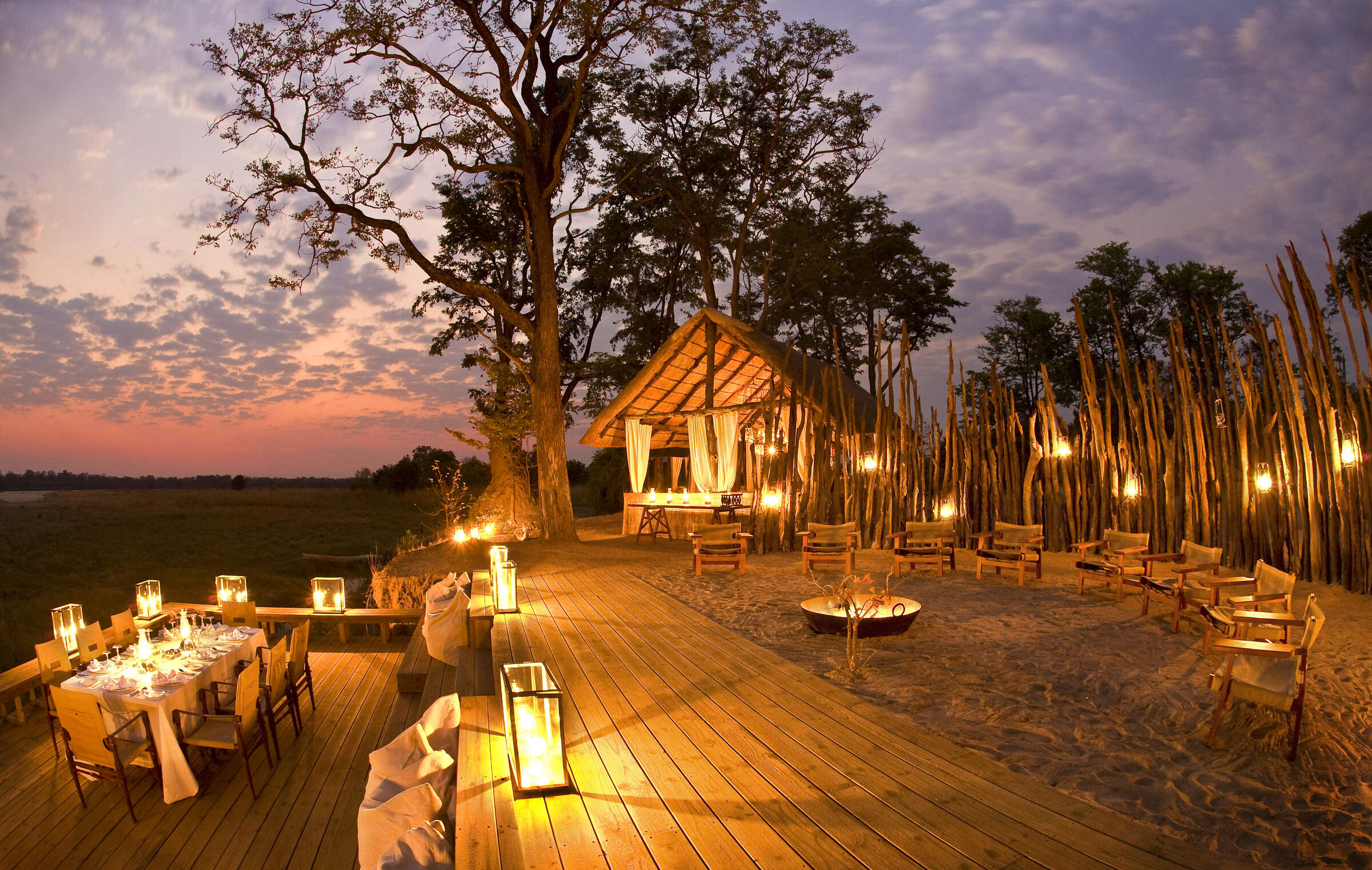
Zungulila
Zungulila is a small, comfortable tented bushcamp with an emphasis on walking safaris, in the remote southern section of the South Luangwa.
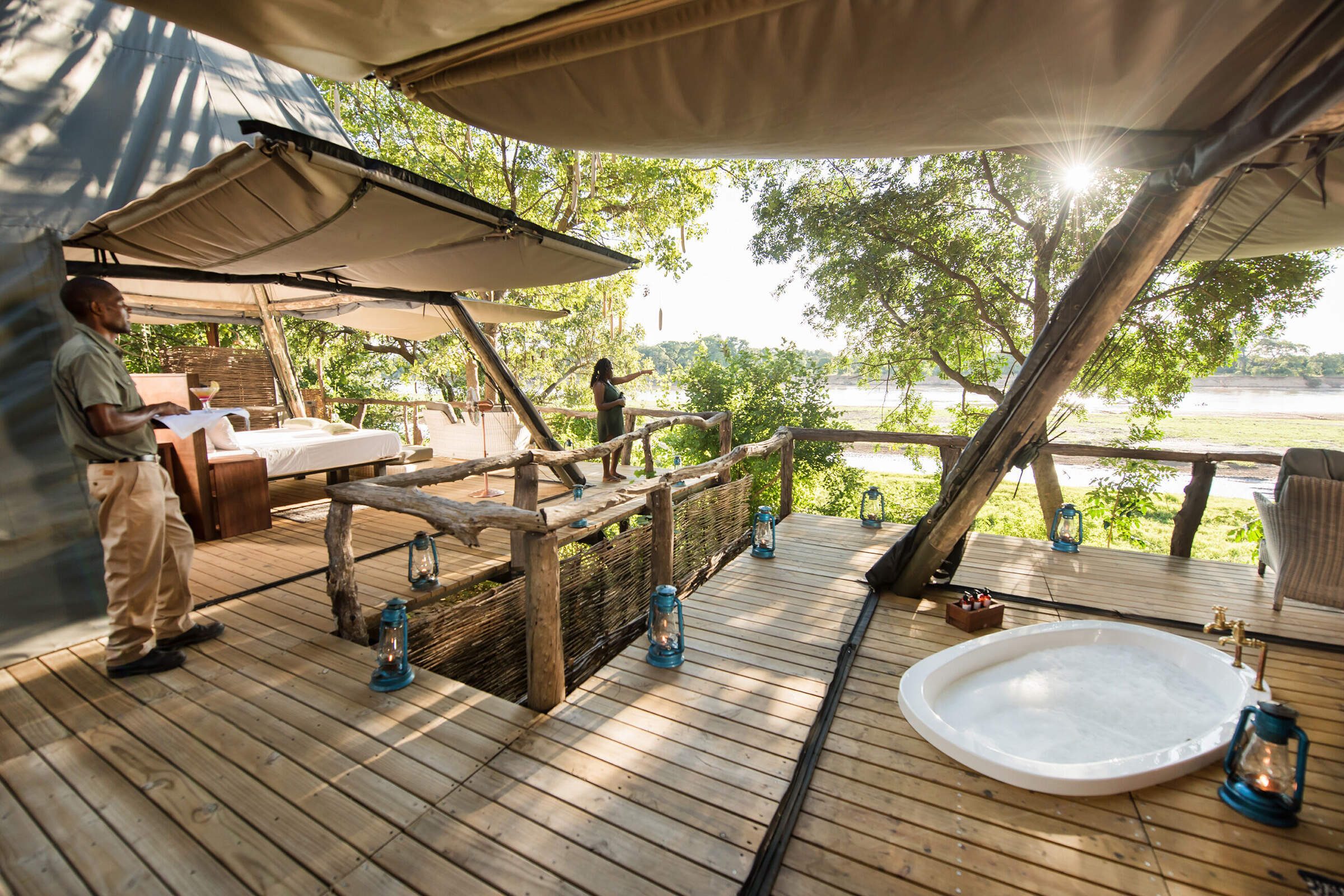
Shawa Luangwa
Opened in June 2021, Shawa Luangwa Camp is a small, intimate and rustic camp, with a good location in a remote section of the South Luangwa National Park.
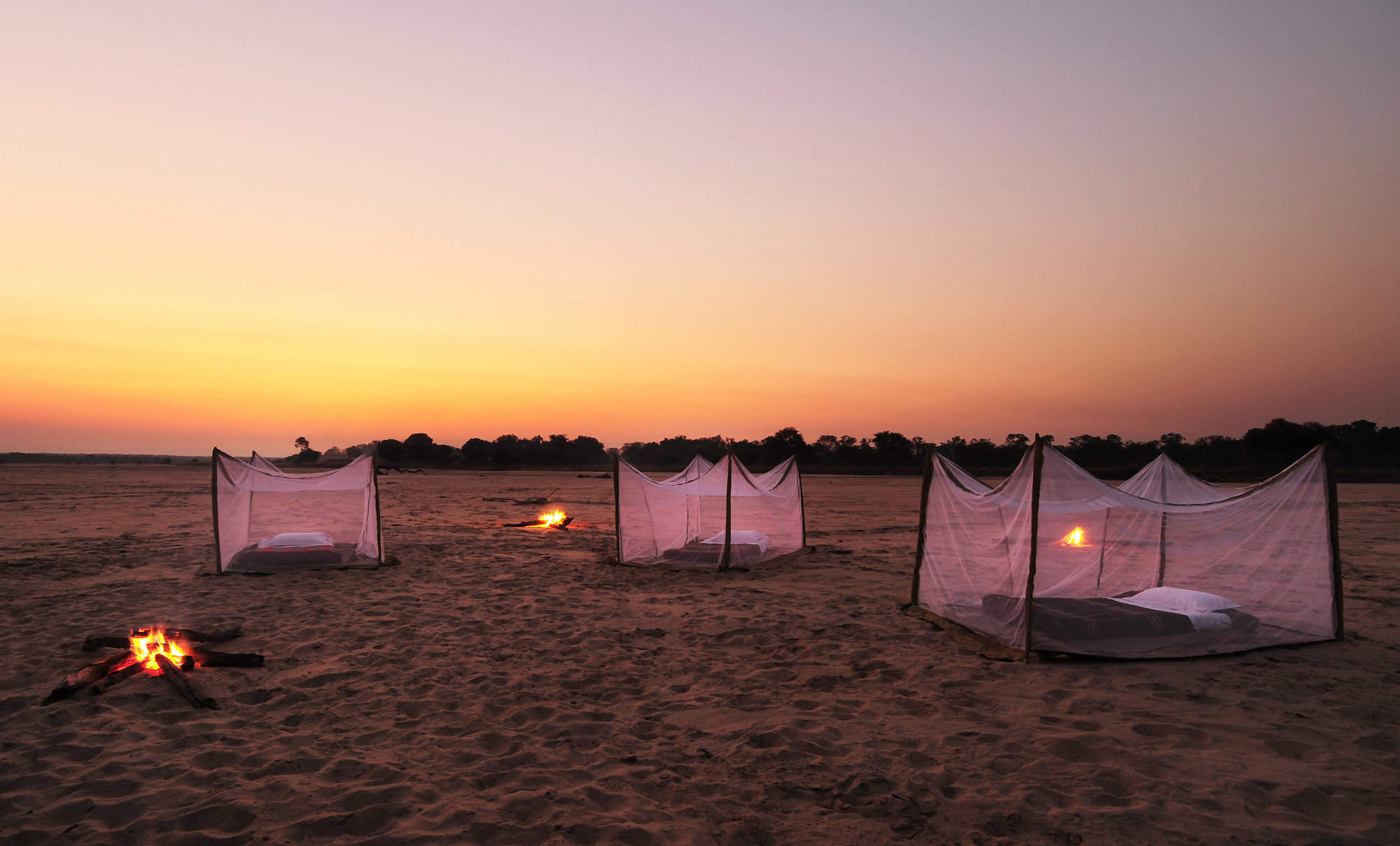
Luwi Riverbed Sleepout
For an adventurous night in South Luangwa National Park, come and sleep out in the bush, around a campfire, with an experienced guide and game scout.
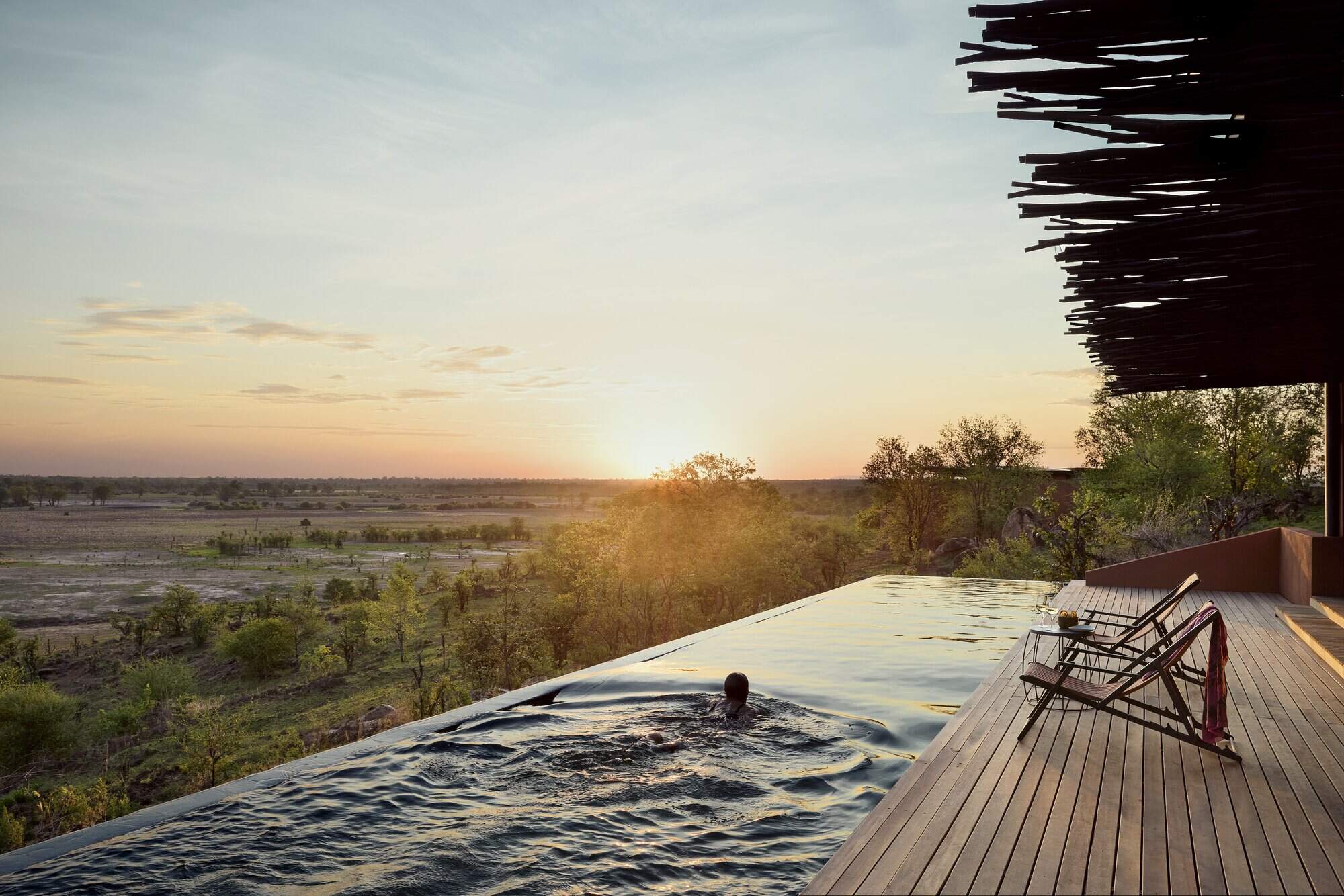
Chichele Lodge
Currently in the final stages of an extensive rebuild, Chichele Presidential Lodge stands high within the park, with superb views, and is due to reopen in early 2025.
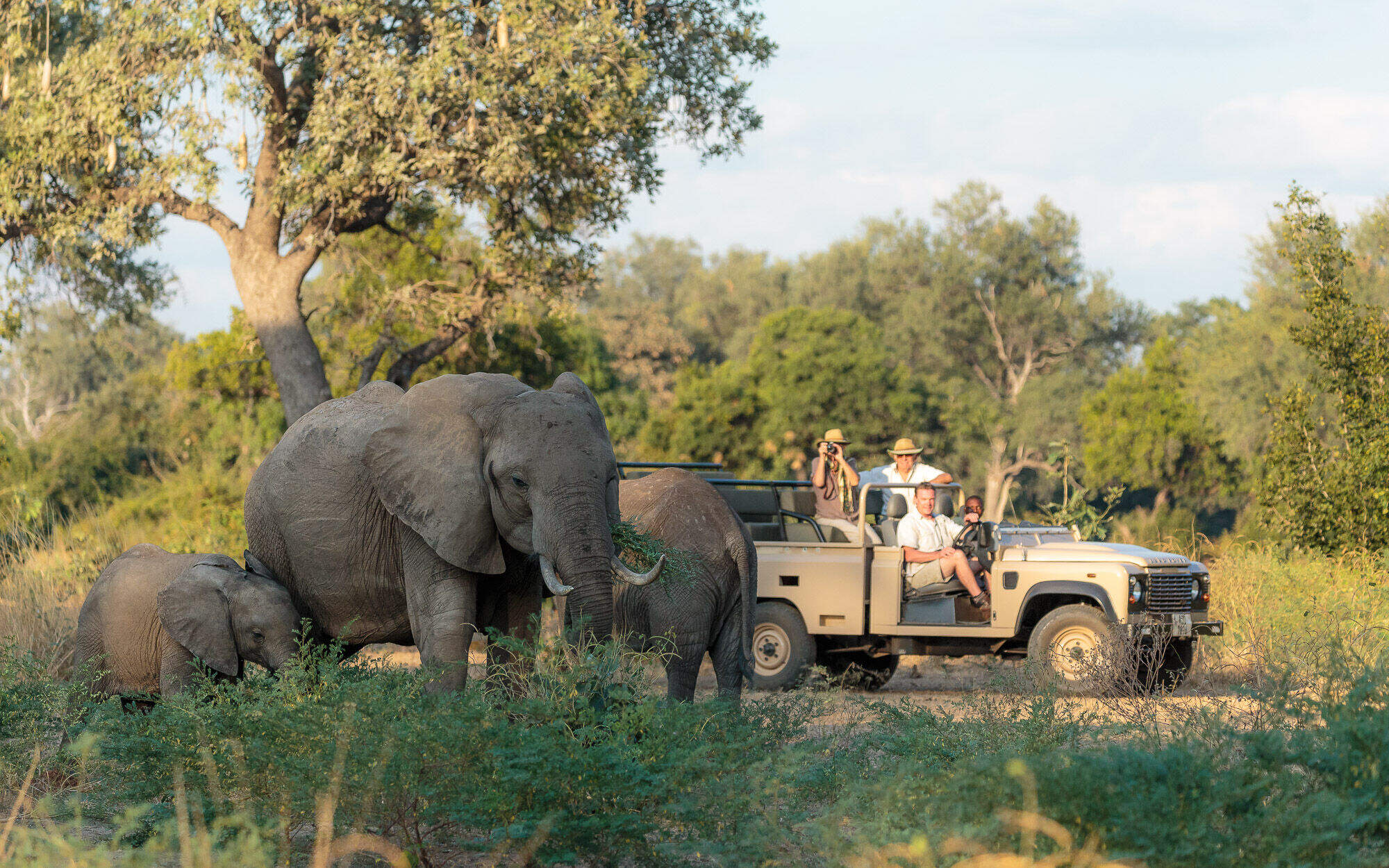
Nkonzi Camp
A simple and rustic bush camp, Nkonzi has a strong focus on walking safaris in this remote section of Zambia’s South Luangwa National Park.
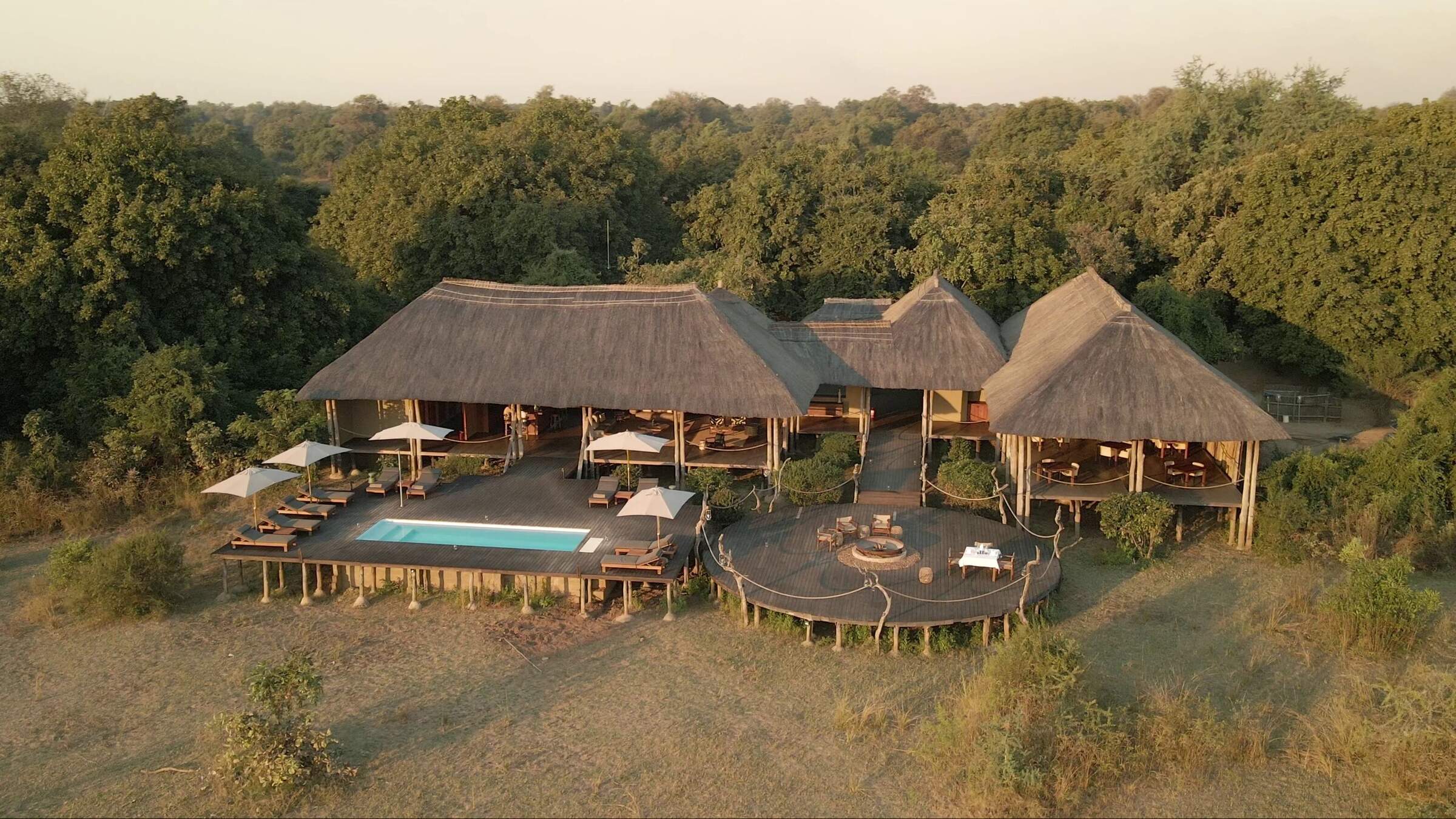
Chikunto
Chikunto Safari Lodge is a more traditional property in the South Luangwa National Park, sitting on a peninsula of land created by the meandering Luangwa River.
When to go to South Luangwa National Park
Our month by month guide: What it's like to visit Kawaza Village in South Luangwa National Park
Jan
Feb
Mar
Apr
May
Jun
Jul
Aug
Sep
Oct
Nov
Dec
South Luangwa National Park in January
January marks the height of the wet season in South Luangwa. Expect frequent downpours, often lasting a few hours, with intermittent sunny periods. The mercury regularly climbs above 30°C, accompanied by high humidity. The park's landscape is verdant and lush, with crystal-clear air.
However, the abundance of water causes most larger animals to disperse, and the thick vegetation can hinder game viewing. Walking safaris are largely impractical during this time. Migratory birds, many in breeding plumage, boost the area's avian diversity. Most lodges close and the few that remain open offer their lowest rates. Only the central network of all-weather roads is reliably passable for 4WD safaris. Low numbers of visitors ensuring a tranquil park experience for those who do visit.
- Wet season peak, frequent showers
- Most lodges and all bush-camps are closed
- Lush vegetation, ideal for photography
- Large wildlife is scattered, can be challenging to spot
- Few tourists, budget-friendly rates
Our view
This is not a great time to visit
Weather in January
South Luangwa National Park in February
February continues the ‘green season’ trend in South Luangwa National Park, with impressive thunderstorms delivering short bursts of rain most days, punctuated by clear skies. The park remains awash with water, affecting wildlife distribution and lodge operations.
Dense vegetation limits game viewing opportunities on safari and walking safaris aren’t usually possible. However, the swollen Luangwa River allows for unique boating experiences unavailable during drier months. Despite challenging conditions, patient visitors may be rewarded with sightings of animals caring for their young. The handful of operational lodges maintain low rates, and the park sees few visitors during this period.
- Continued wet season, regular downpours
- All bush-camps and most lodges are closed
- Verdant scenery, photogenic landscapes
- Game viewing challenging due to thick foliage
- Low visitor numbers, economical pricing
Our view
This is not a great time to visit
Weather in February
South Luangwa National Park in March
March signals the tail end of South Luangwa's rainy season, with heavy showers still frequent. Water levels peak, so driving off the park’s all-weather road network remains challenging. Daytime temperatures consistently exceed 30°C, with rain-induced humidity remaining high.
Most lodges are still closed, and thick vegetation continues to impact game viewing and walking safaris. However, this period can offer exceptional sightings of animals with their offspring, and predator activity often increases. Wild dogs have historically been particularly active in the park during this time. The combination of clear air and increasingly blue skies provides excellent photographic opportunities. Birdwatching remains superb as migratory species prepare for their winter journey.
- Wet season persists, intermittent rain
- Many lodges remain closed
- Abundant greenery, picturesque settings
- Young animals plentiful, but hard to see
- Minimal crowds, cost-effective travel
Our view
This is not a great time to visit
Weather in March
South Luangwa National Park in April
April represents a transitional period in South Luangwa National Park as the rains shift from intense downpours to lighter, less frequent showers. The park's scenery remains incredibly green and vibrant, though larger wildlife can be harder to spot on safaris.
Some lodges begin to reopen while seasonal bushcamps remain closed as they prepare for the upcoming dry season. The Luangwa River reaches often its highest level in April, creating a spectacular sight. Despite the challenges, this period can offer unique experiences for those willing to brave the unpredictable conditions – and accept a greatly reduced choice of places to stay.
- Wet season waning, occasional showers
- Some lodges begin reopening
- Landscape still lush, great for photographers
- Wildlife viewing slowly improving
- Few visitors, attractive off-season rates
Our view
This is not a great time to visit
Weather in April
South Luangwa National Park in May
May is a lovely month; it typically heralds the start of the dry season in South Luangwa. While occasional showers may occur, most days are clear and sunny. As winter approaches, temperatures begin to drop, with daytime highs around 26°C.
The drying landscape improves access within the park, and most lodges reopen. Some standing water remains, but game viewing noticeably improves as the vegetation thins out. The clear air continues to benefit photographers. Late May is very popular among the Luangwa’s ‘safari regulars’ who seek to capitalise on good weather, improved wildlife sightings, newly-opened camps (including some seasonal bush-camps) and the final weeks of low-season rates at many lodges.
- Dry season onset, clearer skies
- Most lodges and some bush-camps operational
- Vegetation still green, crisp air
- Game viewing conditions improving
- Last month for lower accommodation prices
Our view
A good time to visit, with pros & cons
Weather in May
South Luangwa National Park in June
June in South Luangwa National Park is characterised by virtually rainless days and abundant sunshine. Humidity levels plummet, and winter's approach brings cooler temperatures, with nighttime lows around 10°C and daytime highs of 25°C.
The landscape remains lush, but the thinning vegetation significantly enhances visibility for game viewing, the conditions are ideal for walking safaris. All the lodges and bushcamps in the park are operational by early June. While some offer shoulder season rates, others are already running with high-season pricing. Wildlife begins to concentrate around water sources, setting the stage for excellent game viewing in the coming months.
- Consistently sunny, cooler nights
- All South Luangwa lodges open
- Wildlife sightings becoming more frequent
- Ideal conditions for walking safaris
- Viewing of the Victoria Falls at its best
Our view
A very good time to visit
Weather in June
South Luangwa National Park in July
As the dry season progresses in South Luangwa, July sees vegetation and grasses dying back, with water becoming increasingly scarce. Wildlife congregates around remaining water sources, most notably along the Luangwa River, leading to excellent game viewing opportunities.
July marks the heart of winter, with daytime temperatures in the 20s Celsius, whilst nighttime lows can drop to single digits. Early morning and late evening game drives can be particularly chilly, with lodges often providing blankets and hot water bottles. Bring your hats, coats and gloves! Visitor numbers rise significantly, and space at popular small camps can become limited. Nearly all properties now charge their highest rates.
- Warm days, chilly evenings
- Game viewing notably improved
- Excellent visibility for walking safaris
- High season prices for most camps and lodges
- Comfortable daytime temperatures
Our view
A very good time to visit
Weather in July
South Luangwa National Park in August
August in the national park offers some of the year's best game viewing opportunities. South Luangwa’s vegetation has largely died back, and wildlife clusters around remaining water sources.
Rain is extremely unlikely, with sunny days largely guaranteed, though a haze may sometimes appear on the horizon due to dust and smoke in the air. Nighttime temperatures can dip below 5°C, but daytime highs reach the 20s Celsius. Warm clothing is essential for morning and evening drives. This is one of the most popular months to visit the park for a safari, with lodges and camps charging peak rates and often booking up far in advance.
- Very dry warm days and cold nights
- Prime wildlife viewing near water sources
- Perfect weather for walking safaris
- Peak season means highest prices
- Some haze may affect photography
Our view
Fantastic: the very best time to visit
Weather in August
South Luangwa National Park in September
September is arguably the very best time to visit South Luangwa National Park. It probably hasn’t rained for many months, humidity is low, and temperatures are just beginning to climb.
Mornings are more comfortable for 4WD safaris, rising to daytime typical highs in the low 30s Celsius. Water scarcity forces the wildlife to congregate around remaining sources, particularly around the Luangwa River, where most of the camps and lodges are situated. There high game densities lead to increased chances of inter-species interactions. It’s peak season for lodges and camps charge which are often fully booked. A little haze may affect long-distance views and photography. The Luangwa River's water levels continue to drop, concentrating hippos and crocodiles life in the remaining stretches.
- Dry and hot, clear skies
- Exceptional month for wildlife observation
- Landscape sometimes hazy due to dust and smoke
- Peak season, lodges often fully booked
- Higher prices for accommodation
Our view
Fantastic: the very best time to visit
Weather in September
South Luangwa National Park in October
October sees the dry season peak in South Luangwa at its most intense, with the landscape increasing parched. Occasional showers may occur as the promise of rain approaches. Temperatures can soar above 40°C during the day, rarely dropping below 20°C at night.
This heat can be draining, so walking safaris will set off early in the morning to beat the heat and sitting in an open 4WD on safaris can feel like facing a large hair-drier. Heat-haze and smoke may obscure the horizon as the Luangwa River becomes a series of pools, crowded with hippos and crocodiles. Other wildlife cautiously approaches these water sources, leading to thrilling predator-prey interactions. Game viewing is at its absolute best with the best chance of witnessing hunts.
- Optimal wildlife viewing conditions
- Very hot days and nights
- Dusty, hazy atmosphere is challenging for photos
- Some lodges start lowering their rates
- Less crowded than previous months
Our view
A very good time to visit
Weather in October
South Luangwa National Park in November
November typically witnesses the end of the dry season in South Luangwa. While the onset of rains is unpredictable, temperatures remain consistently high and humidity builds as the wet season approaches.
Early November may still be dry, but spectacular thunderstorms usually arrive, often later in the month, triggering rapid green growth when they do come – and an explosion of life from insects and smaller animals. Everything seems to come to life! When pools of water becomes more readily available away from the Luangwa River the wildlife quickly disperses. Some camps and all the seasonal bush-camps camps close; those that remain open reduce their rates. The rains quickly clear the air of dust and smoke, improving visibility and photographic conditions.
- Unpredictable month: depends on the rains
- Hot and humid – then the set season begins
- Wildlife dispersing as vegetation thickens
- Lower accommodation rates, fewer tourists
- Improved conditions for landscape photography
Our view
A good time to visit, with pros & cons
Weather in November
South Luangwa National Park in December
December usually marks the first full month of South Luangwa's wet season. Heavy thunderstorms become frequent, interspersed with sunny intervals. Daytime temperatures often exceed 30°C, accompanied by high humidity.
The rainfall transforms the landscape, encouraging lush vegetation growth. It’s a time renewal when insects, birds and smaller wildlife abound. While the larger species of wildlife remains in the park, wildlife viewing becomes more challenging due to the thick greenery and dispersed animal populations. Many lodges and all seasonal bush-camps are now closed as access to the park’s outlying areas becomes difficult. The few lodges that remain open offer lower rates and see few visitors. The rains clear the air, restoring vibrant blue skies and crystal-clear air which delights photographers.
- Rainy season in full swing
- Most lodges closed or offering low rates
- Wildlife harder to spot in thick vegetation
- Few visitors, budget-friendly period
- Lush green scenery, very photogenic landscapes
Our view
This is not a great time to visit
Weather in December

Looking for inspiration on where to travel next?
Visit our trip chooser to explore your options and find inspiration for your perfect African adventure
Inspire me